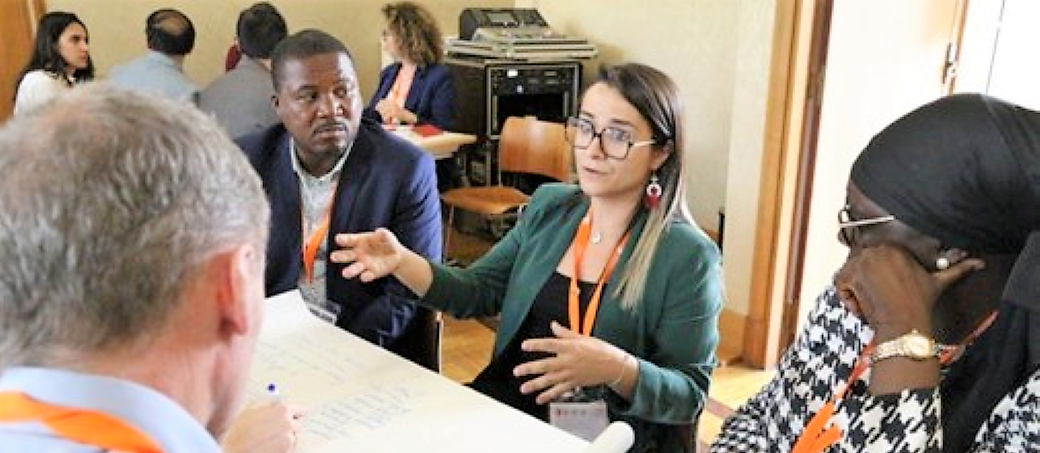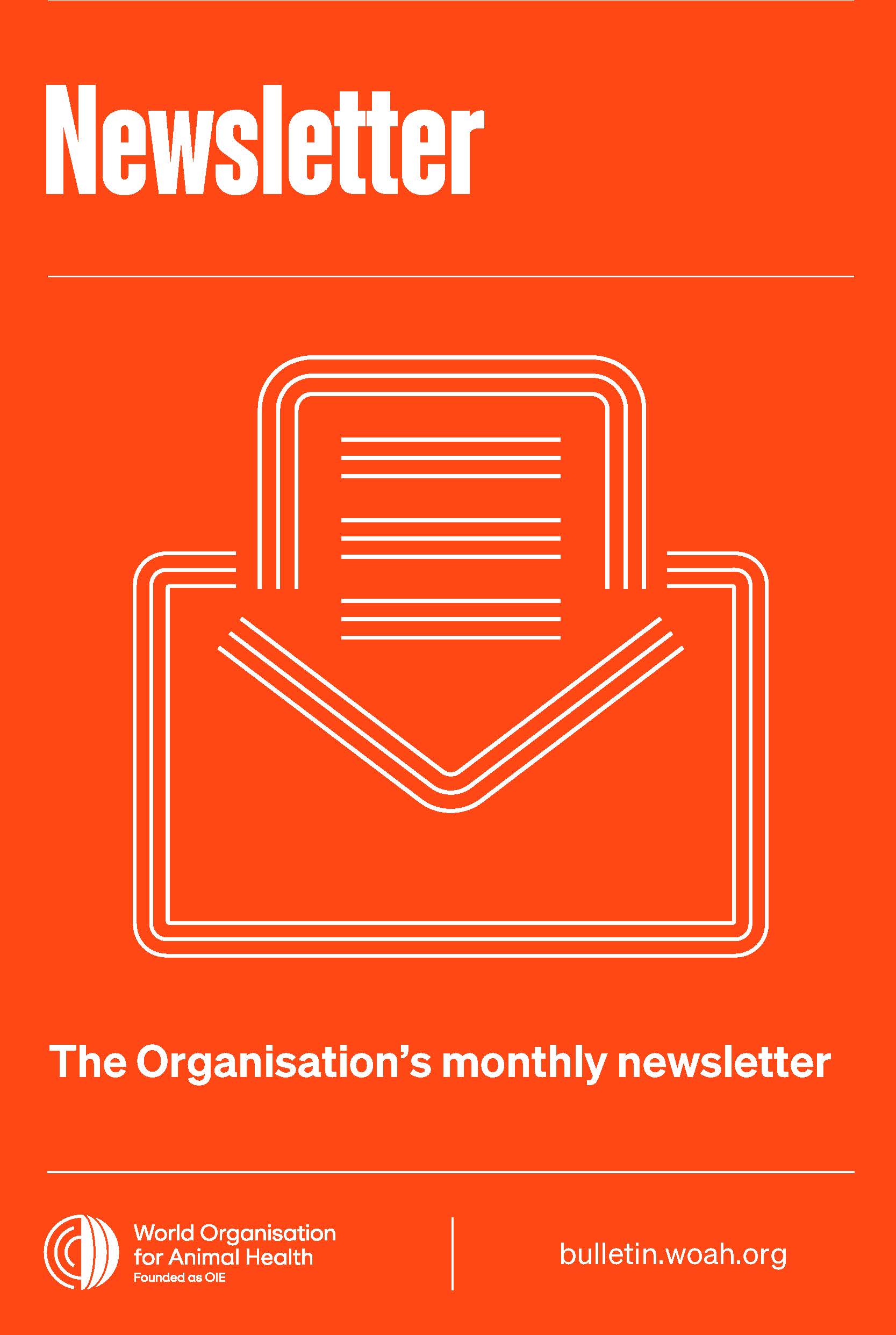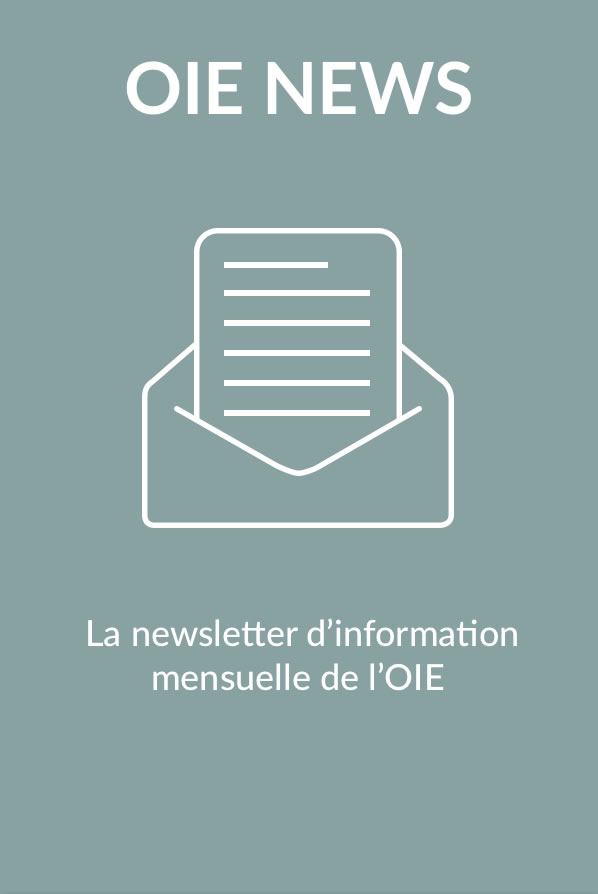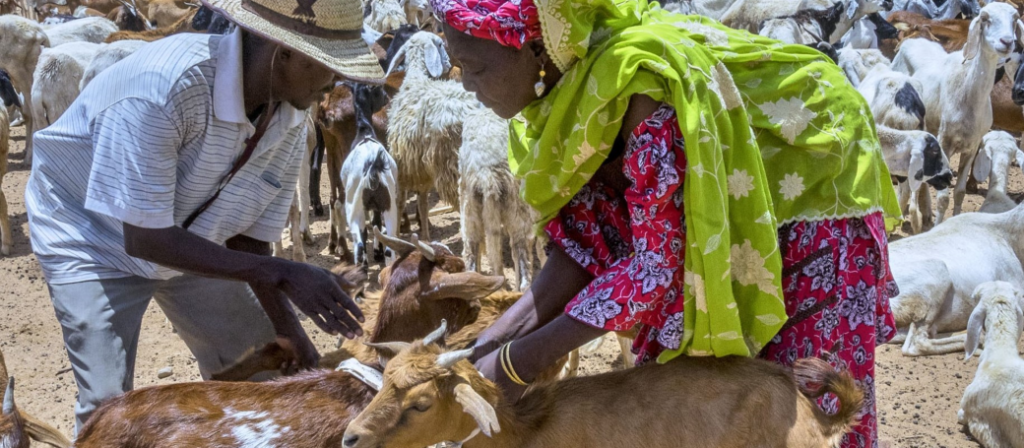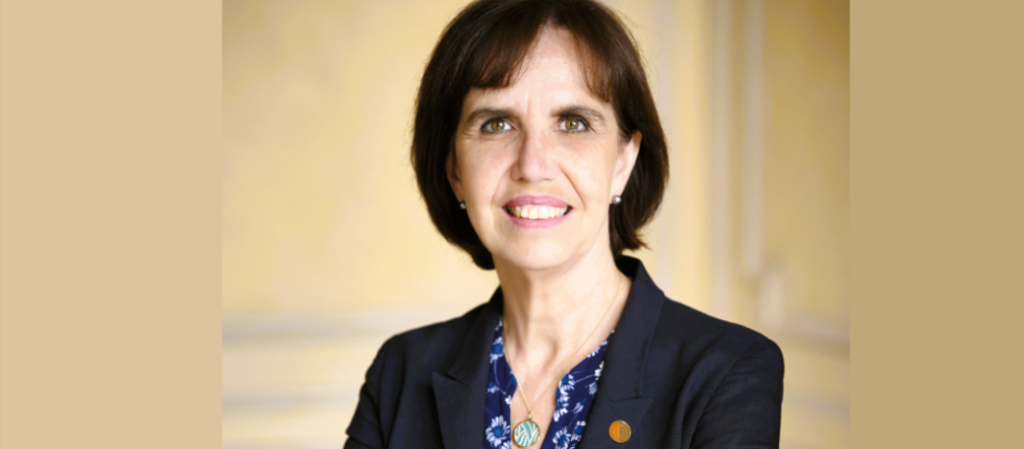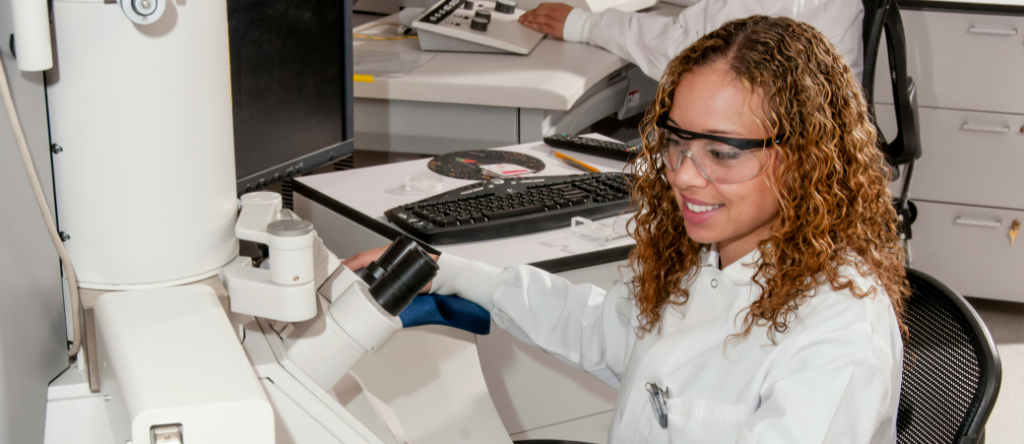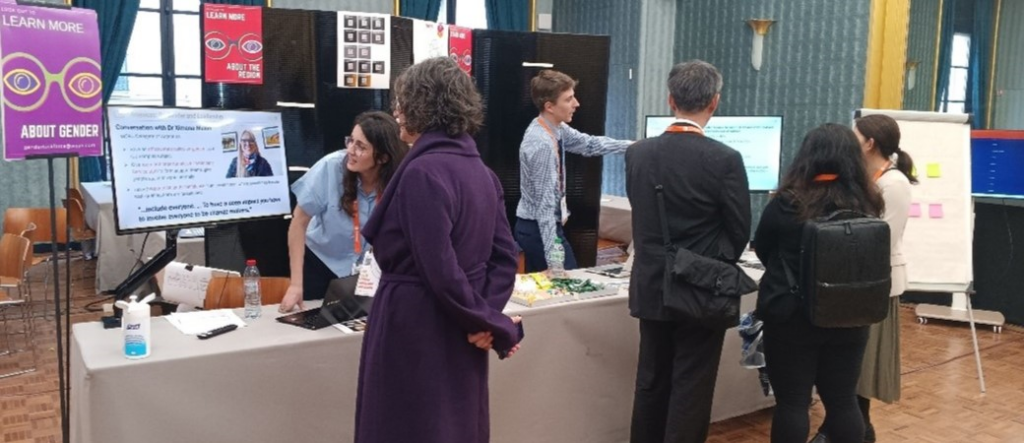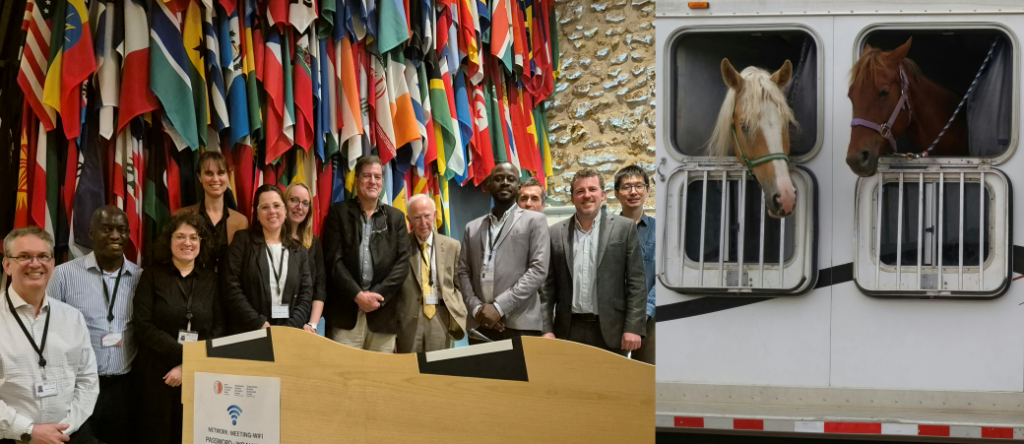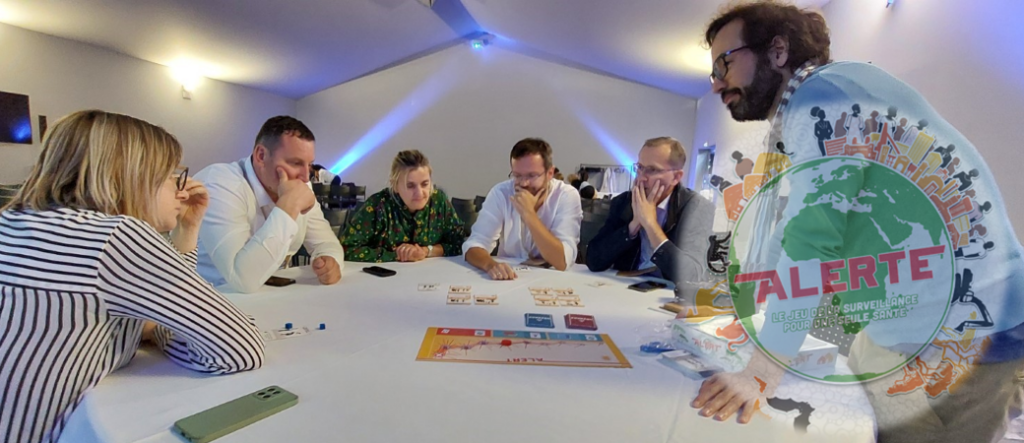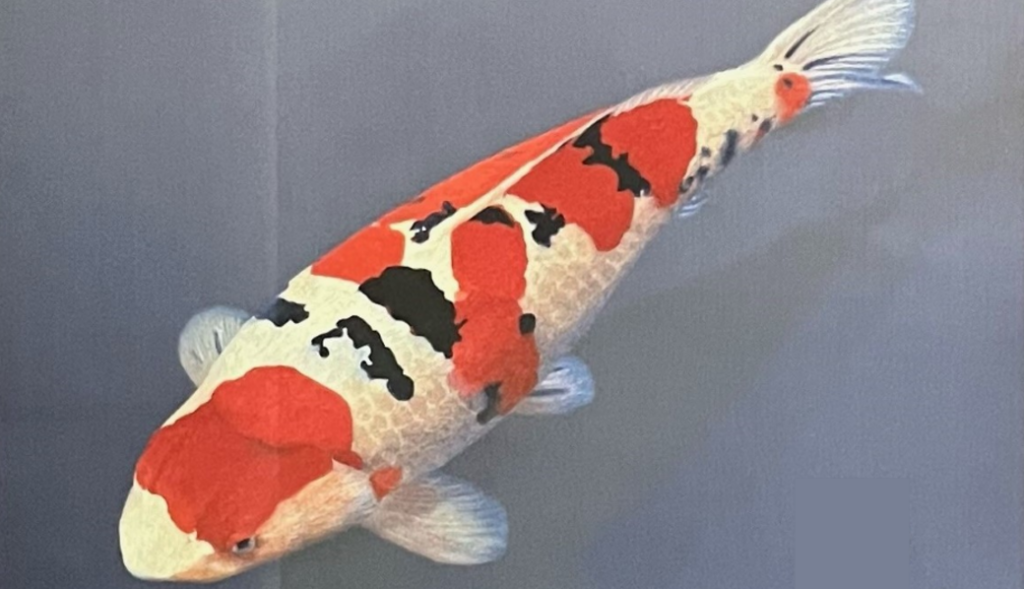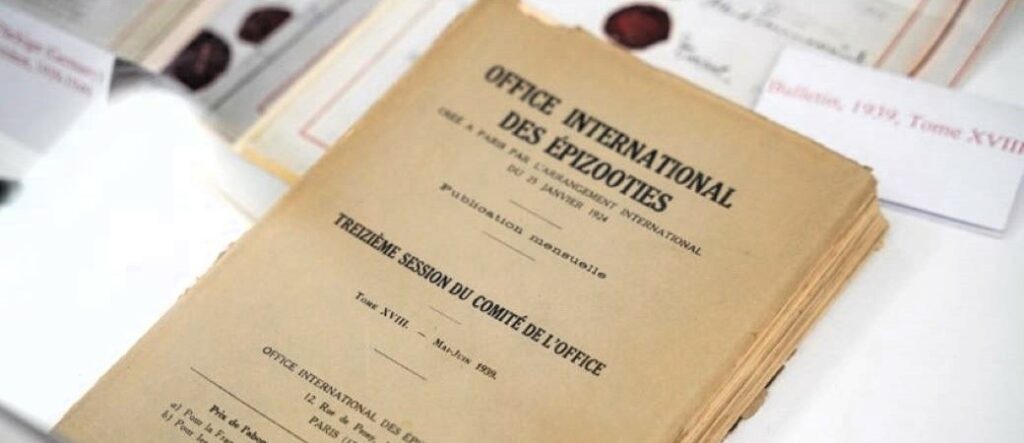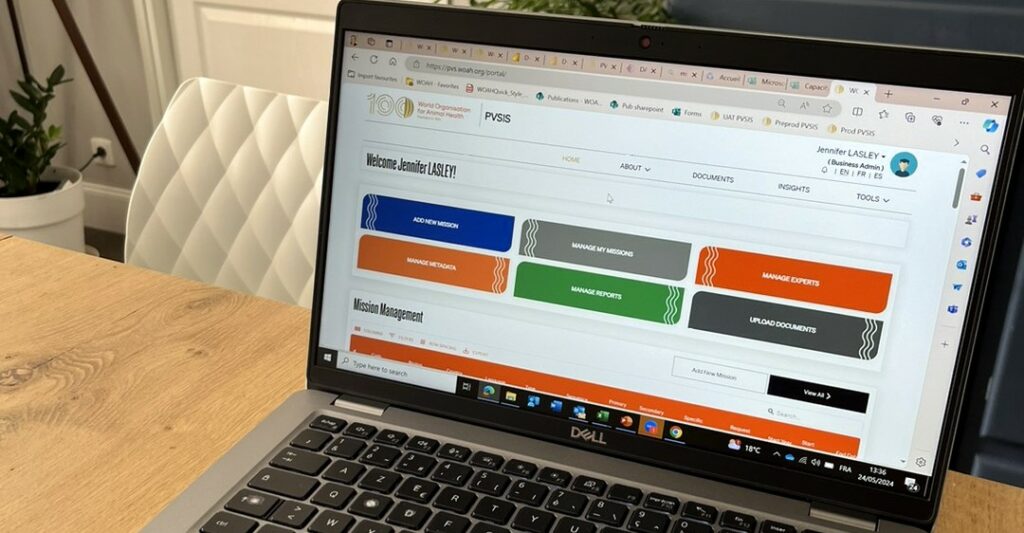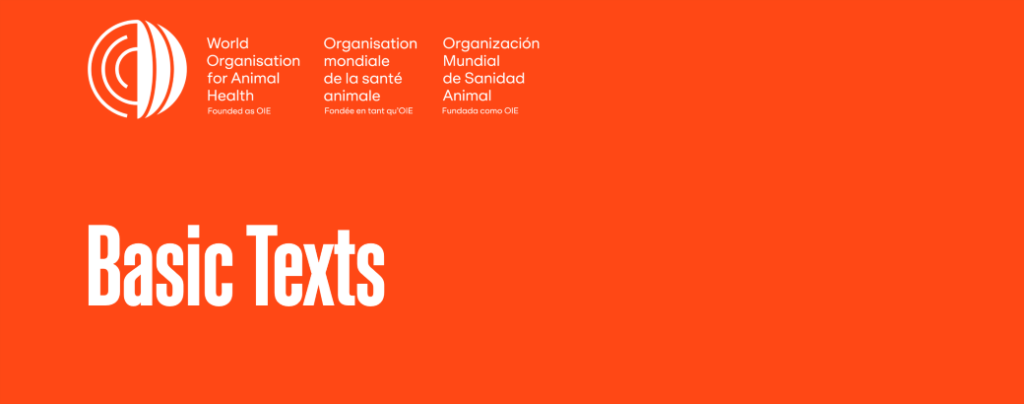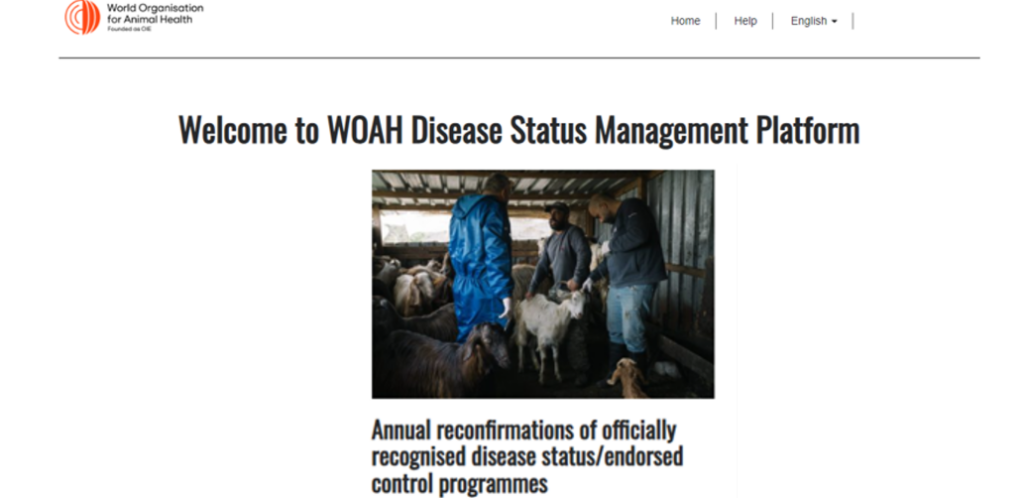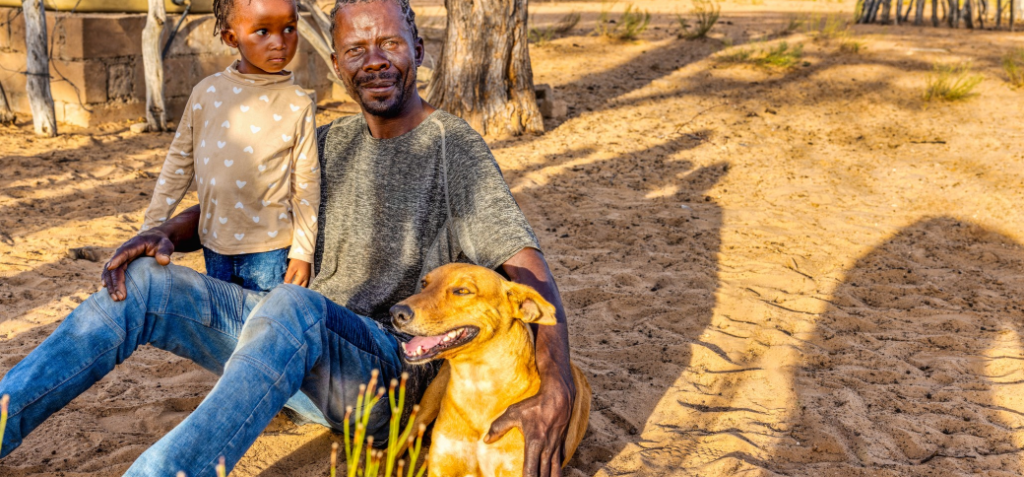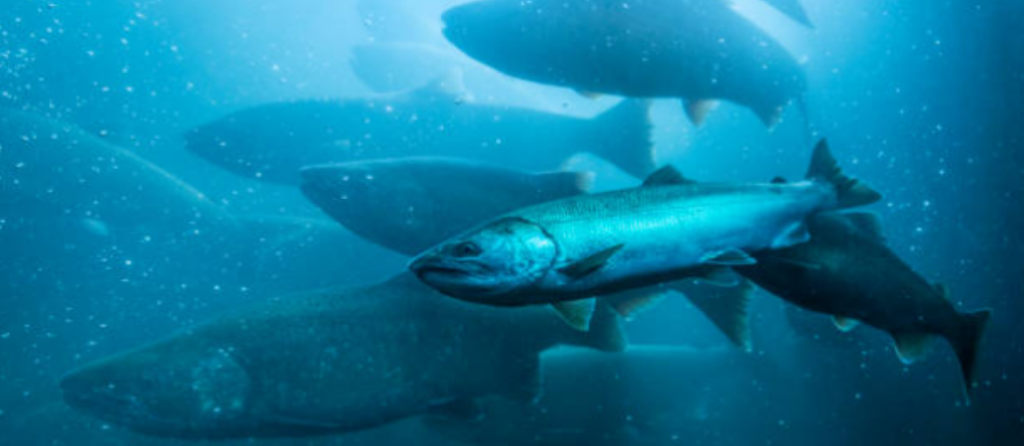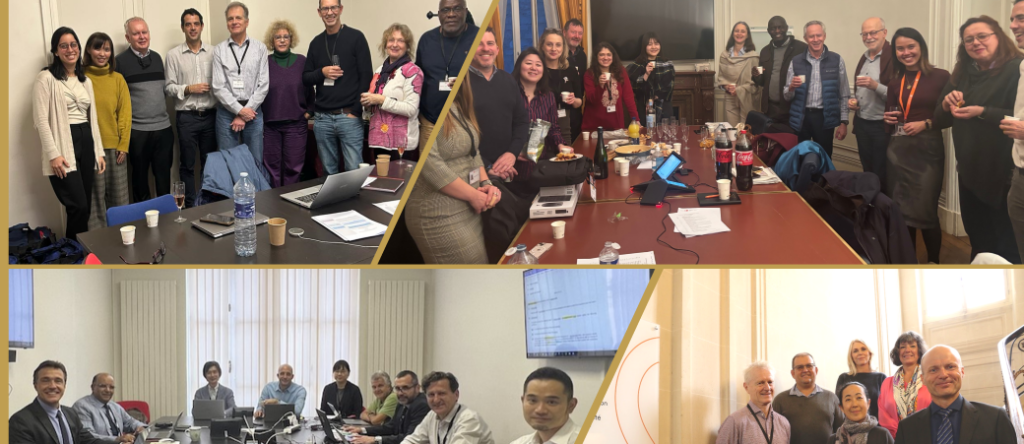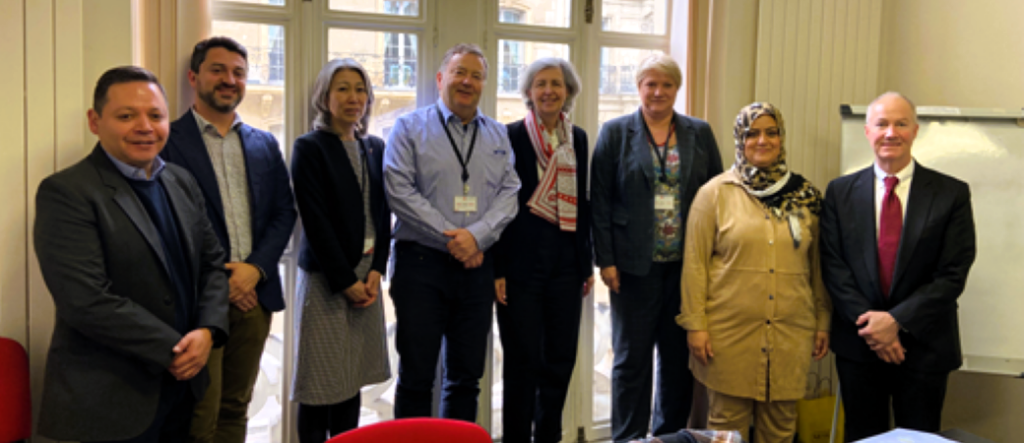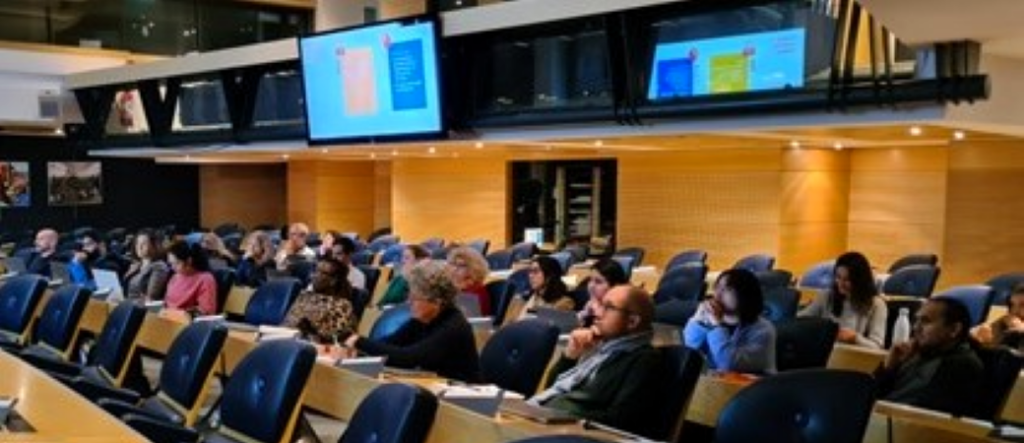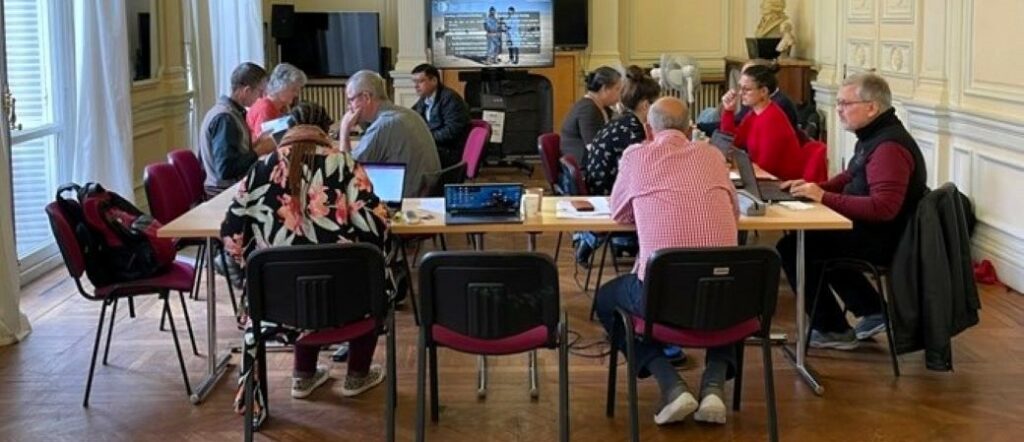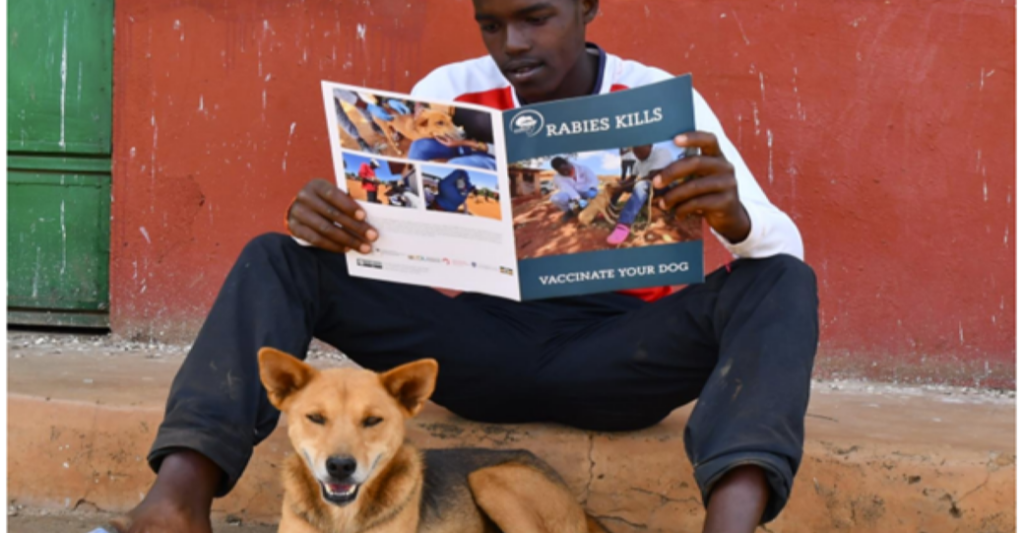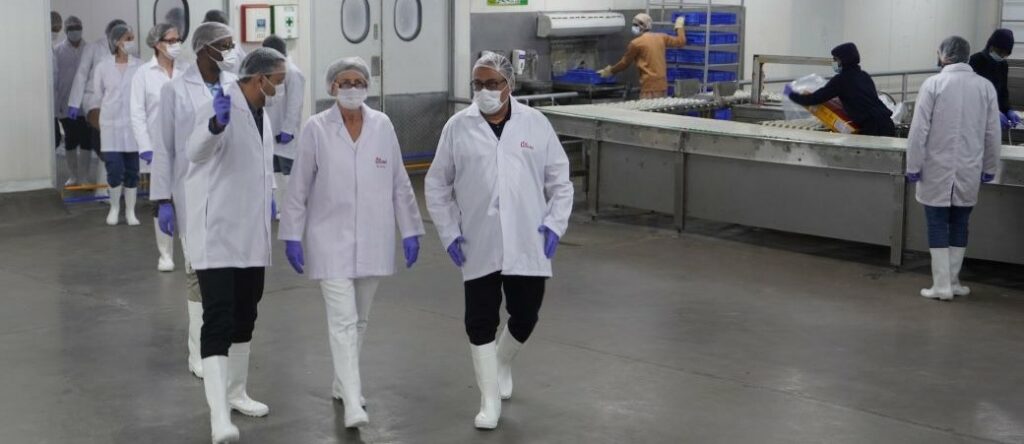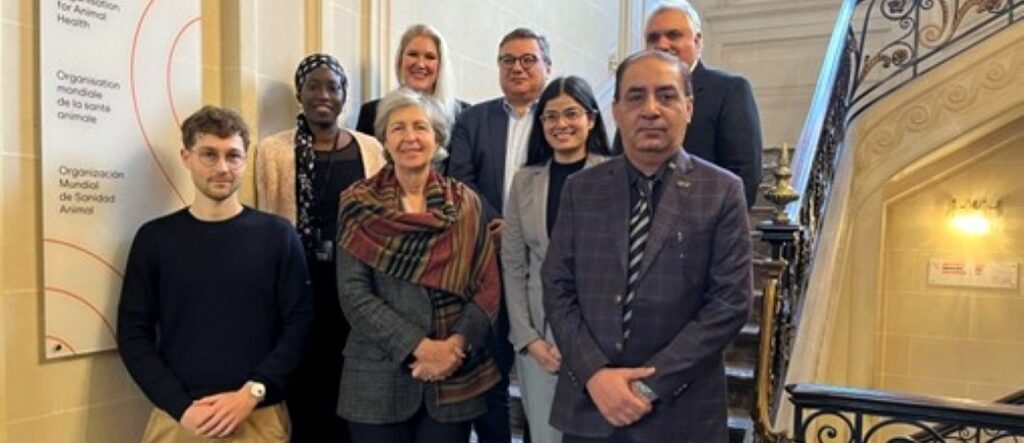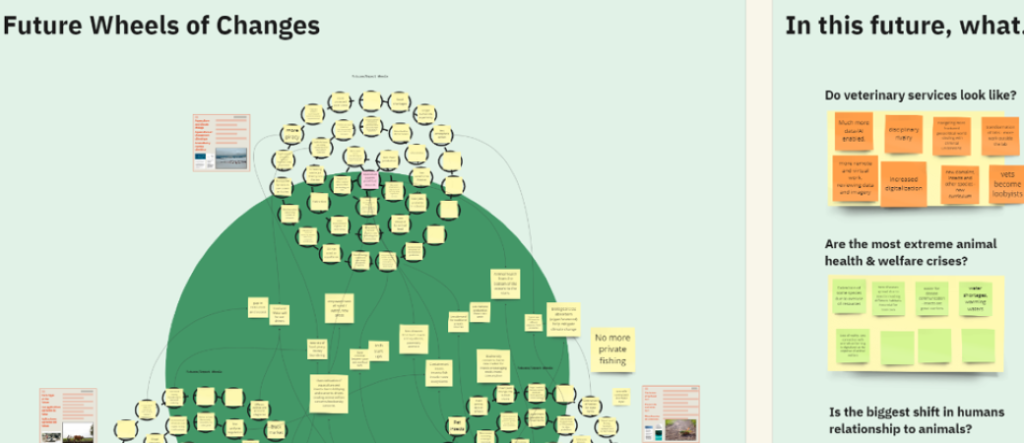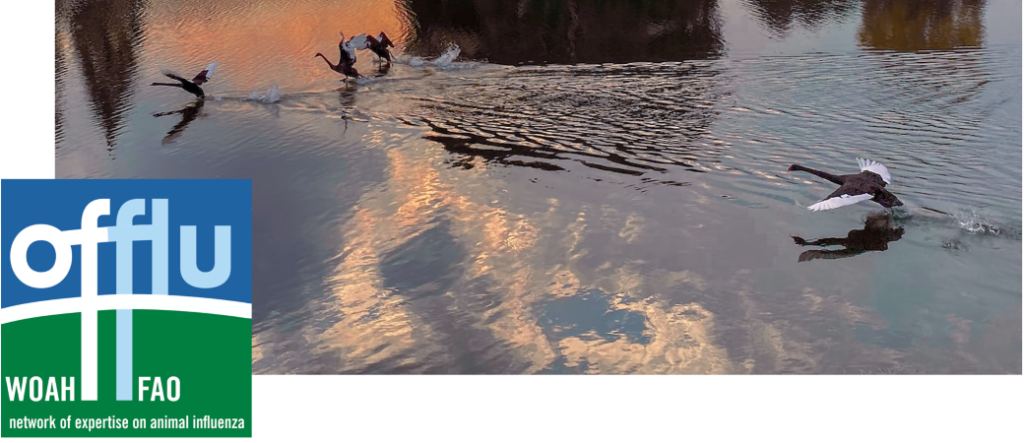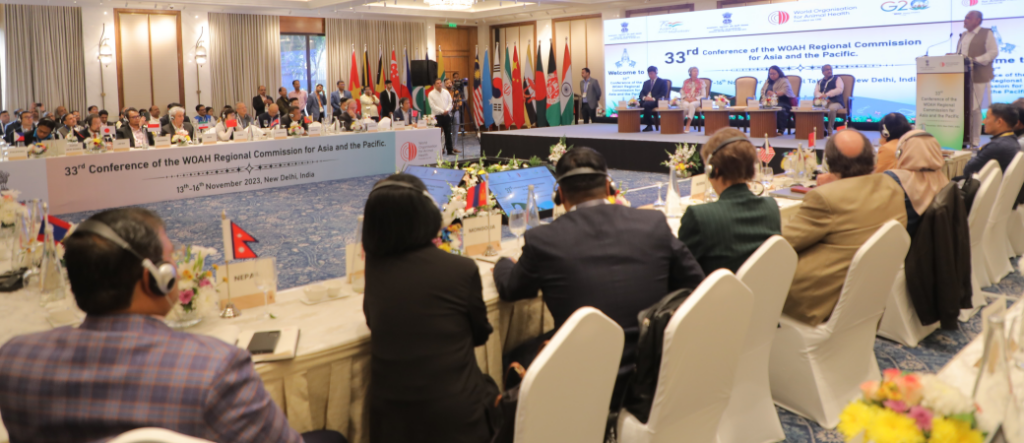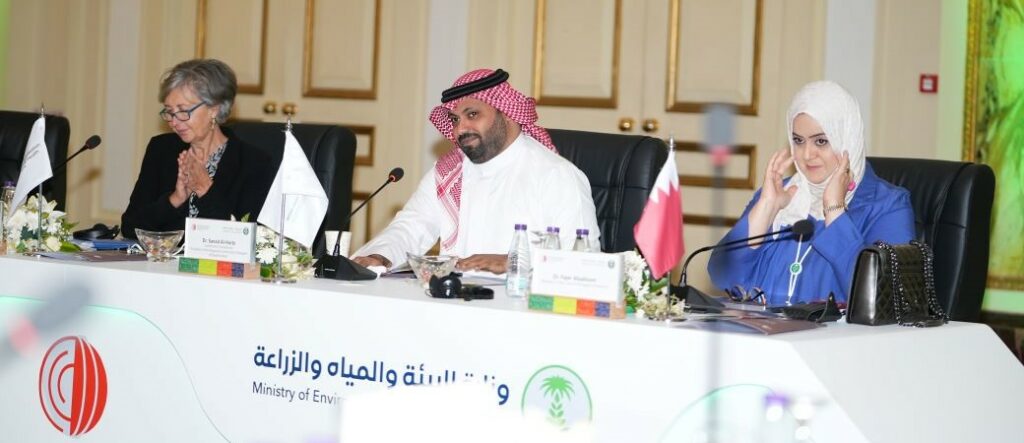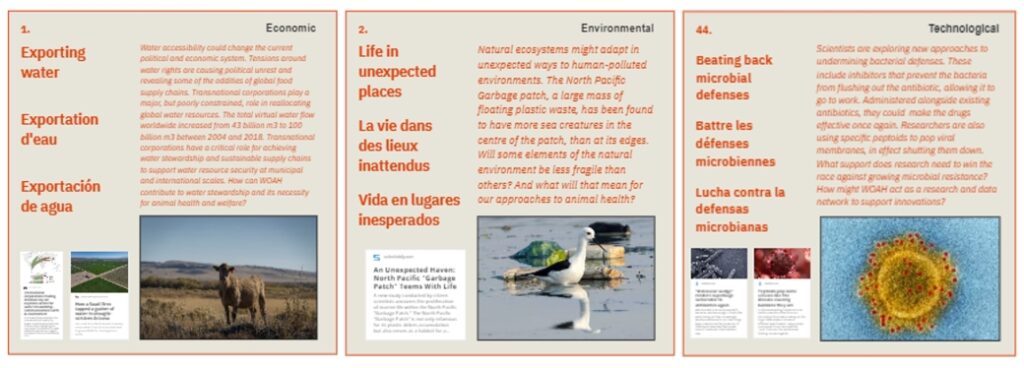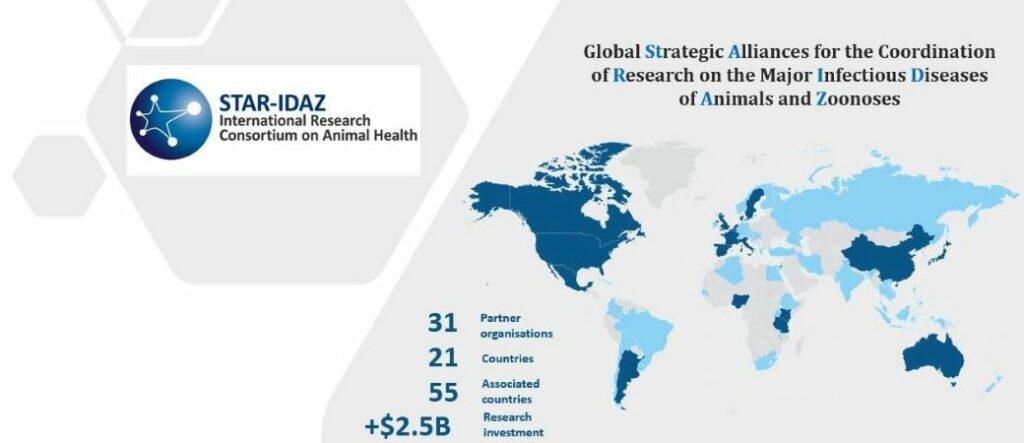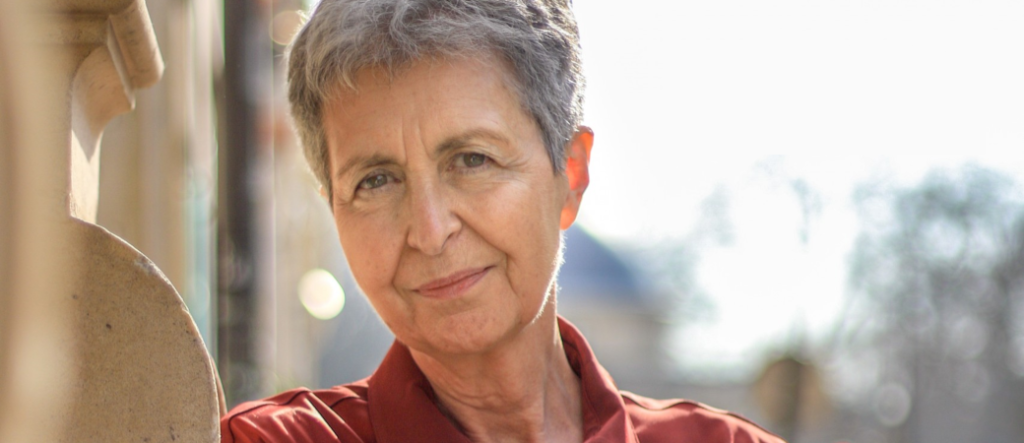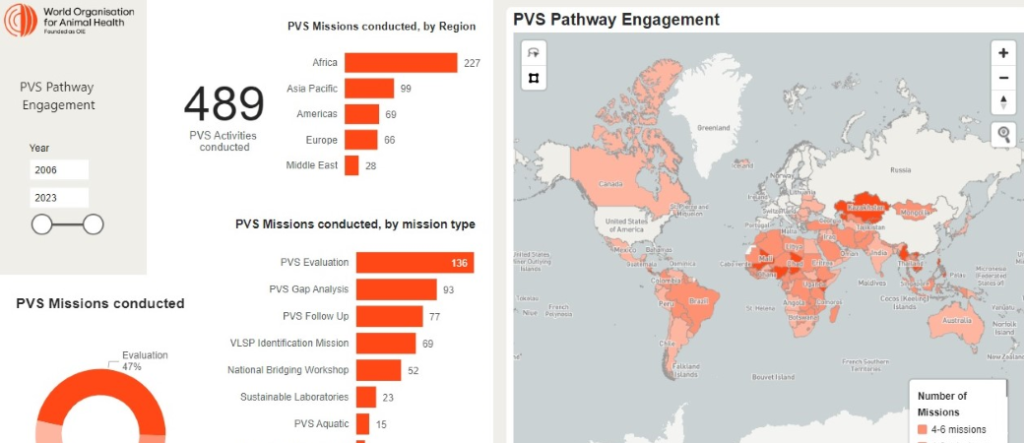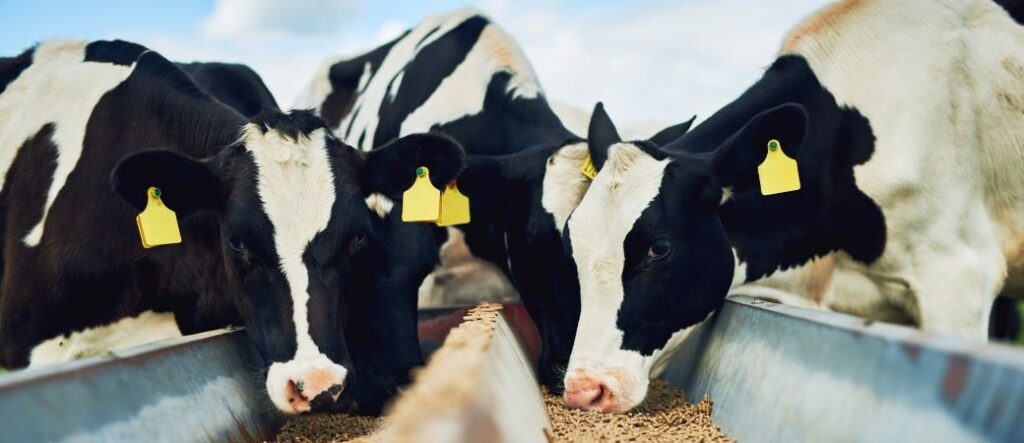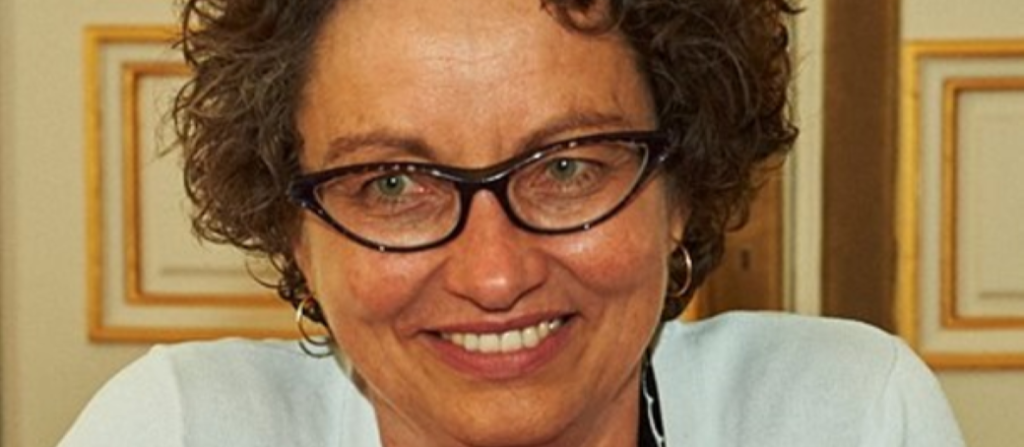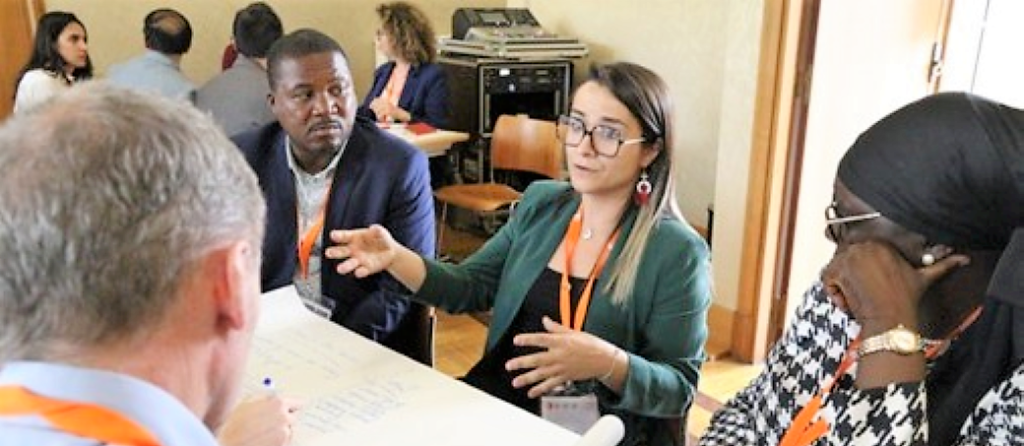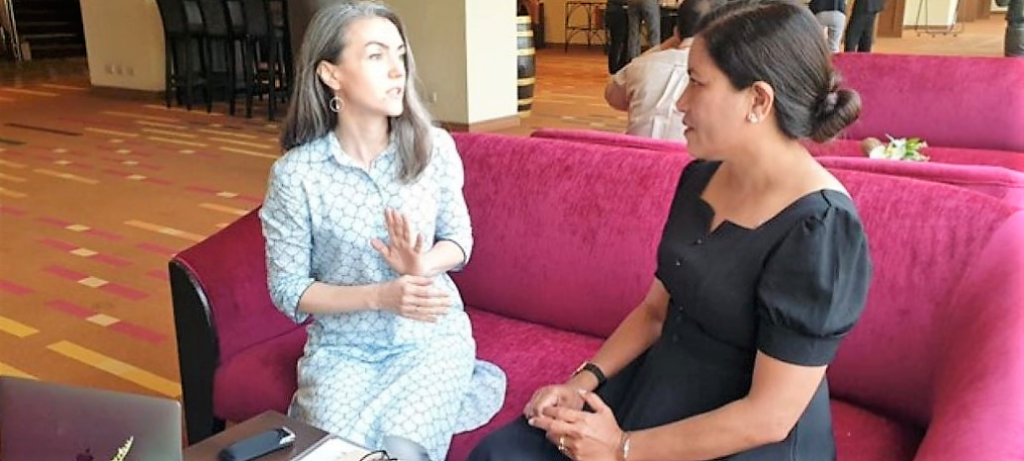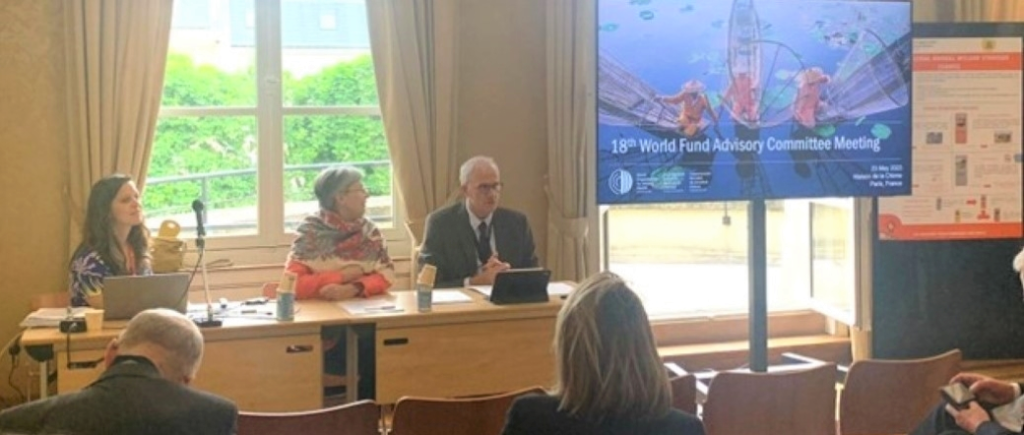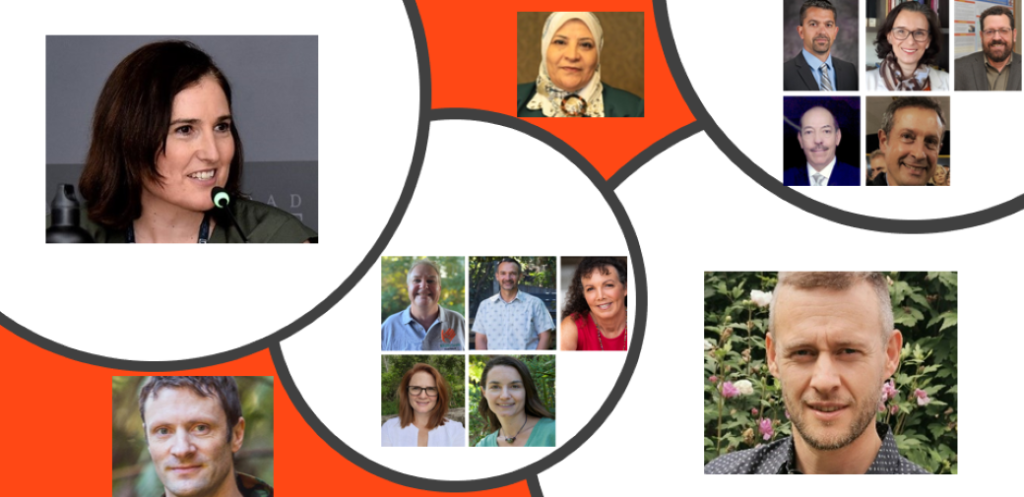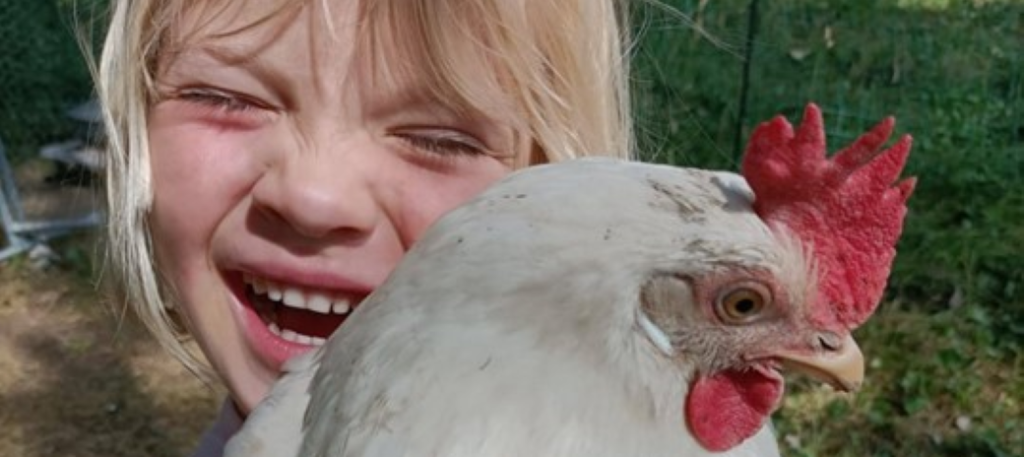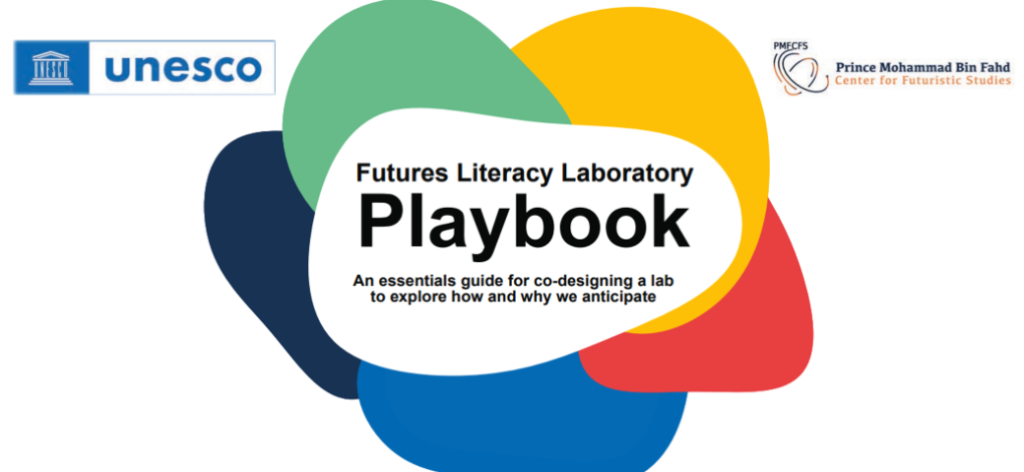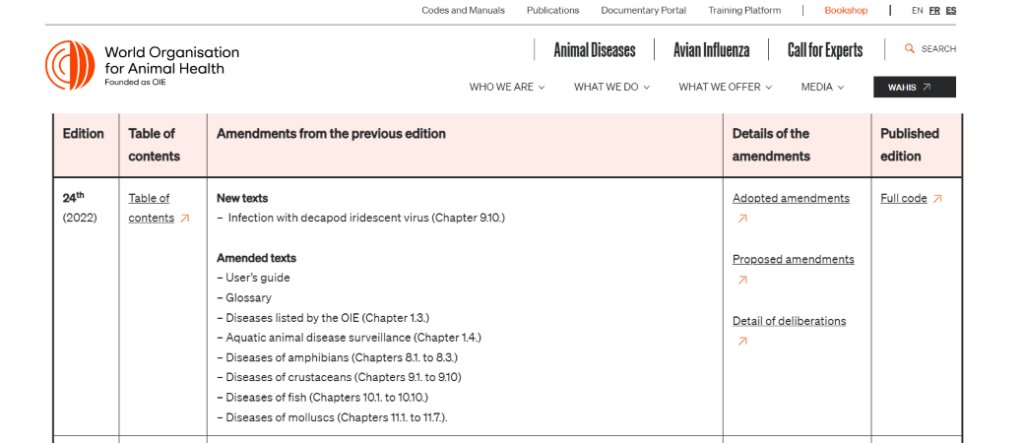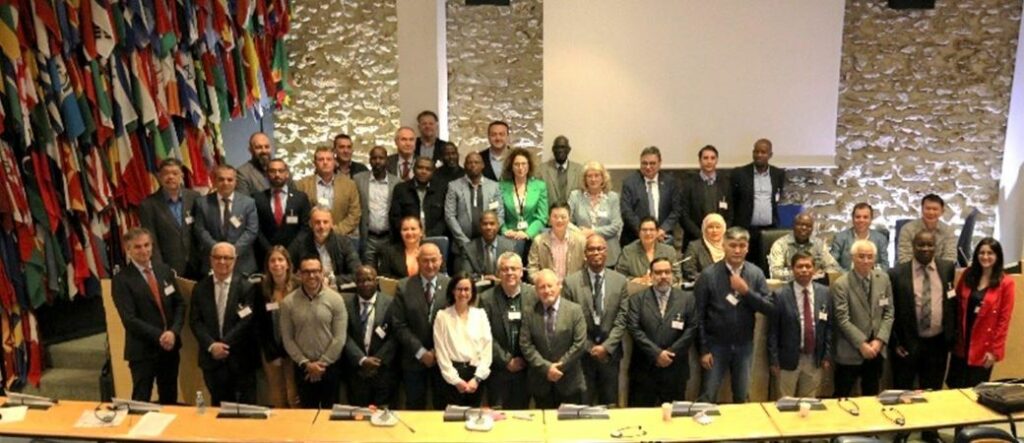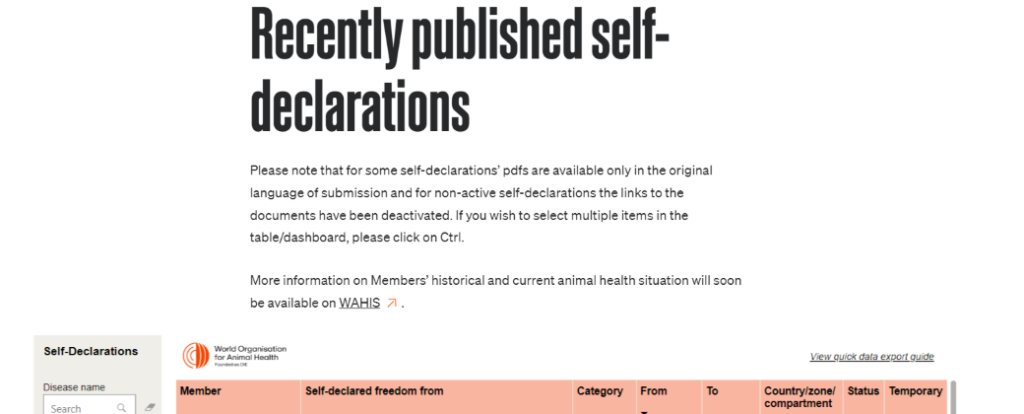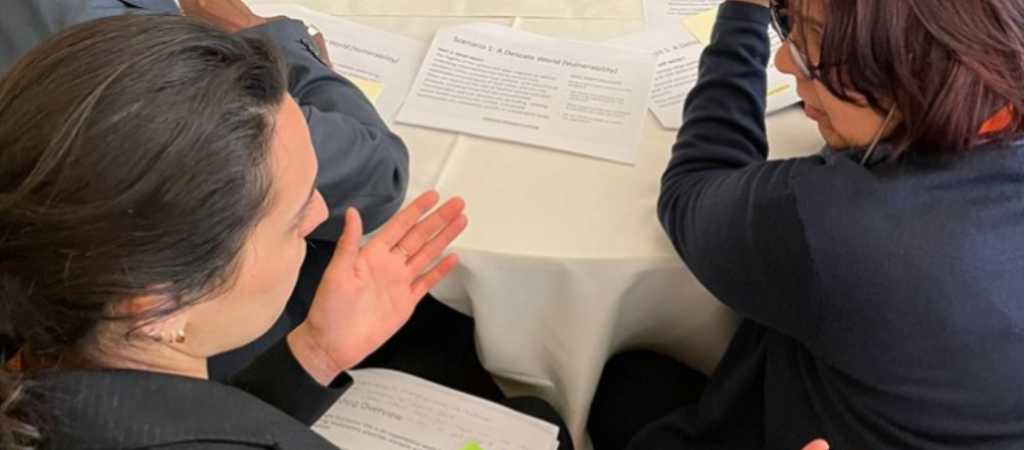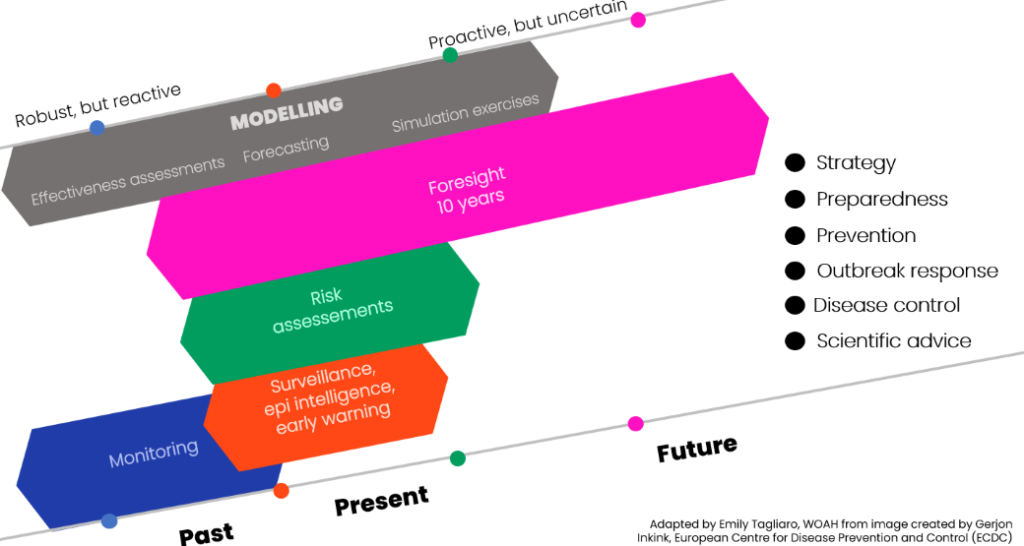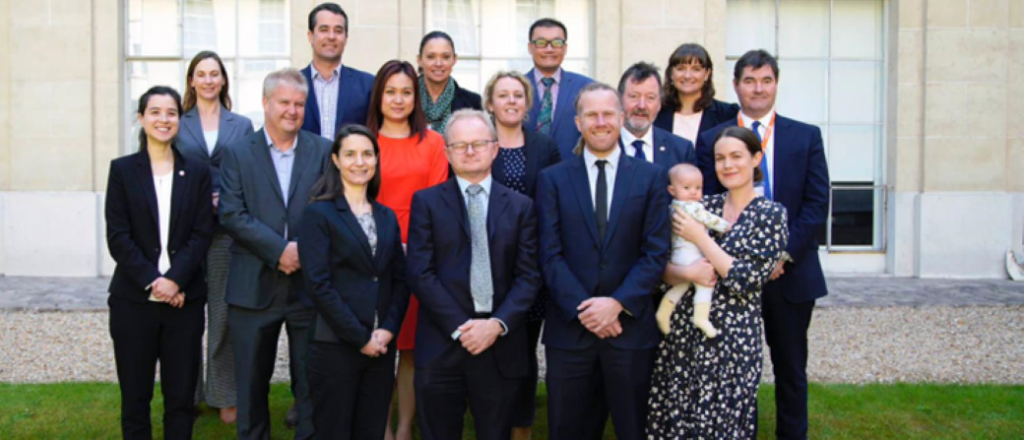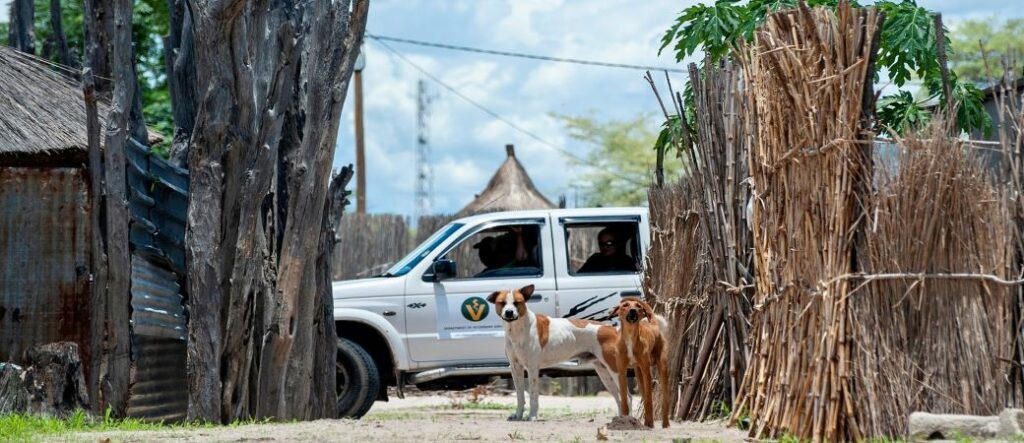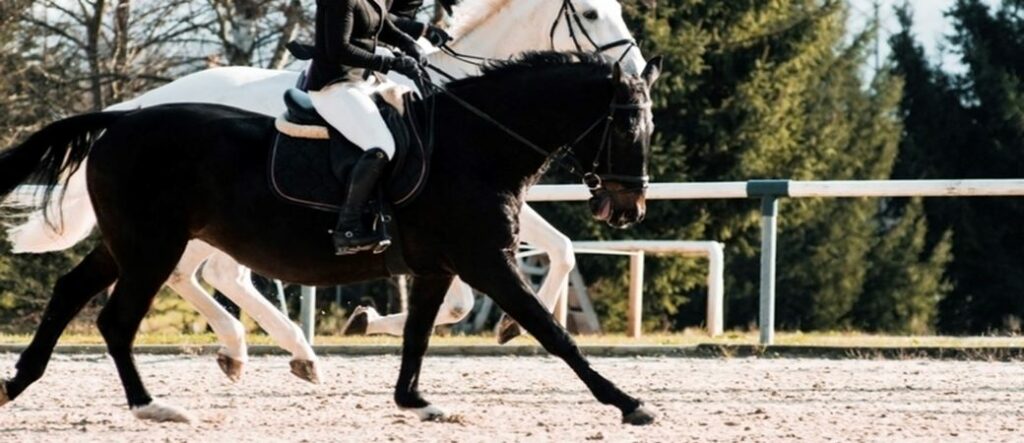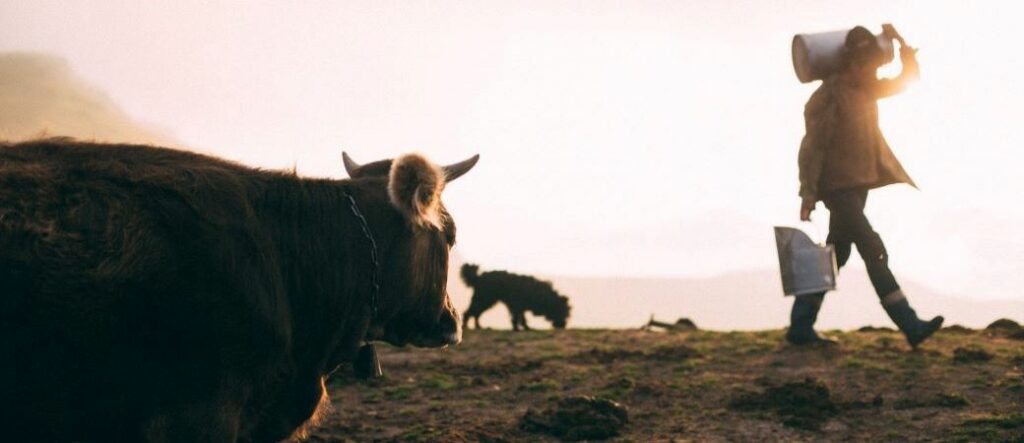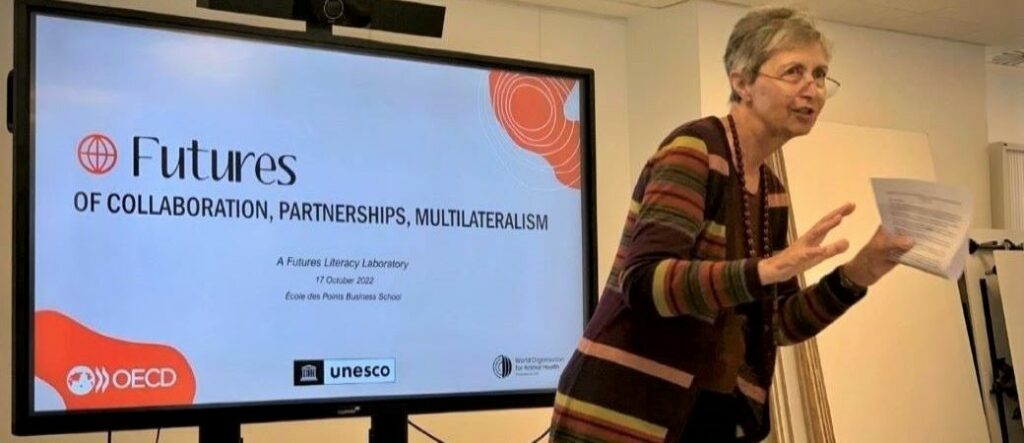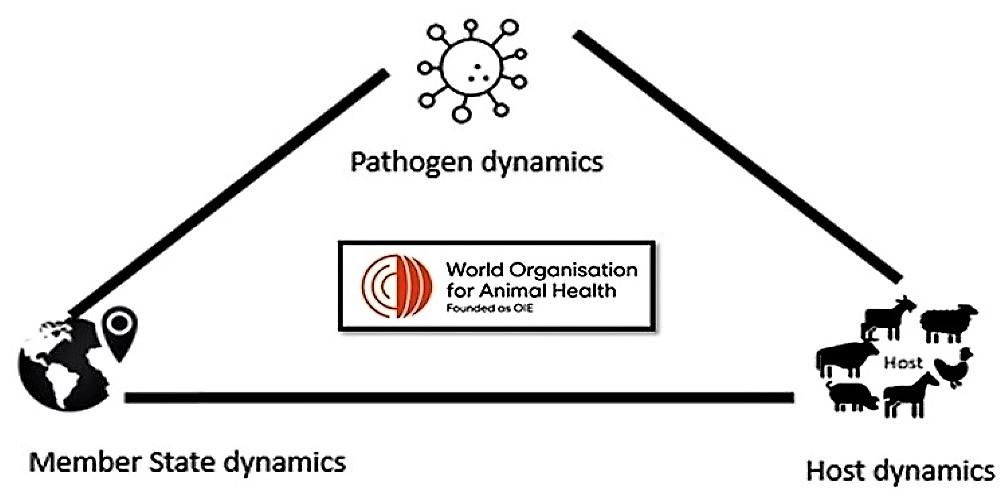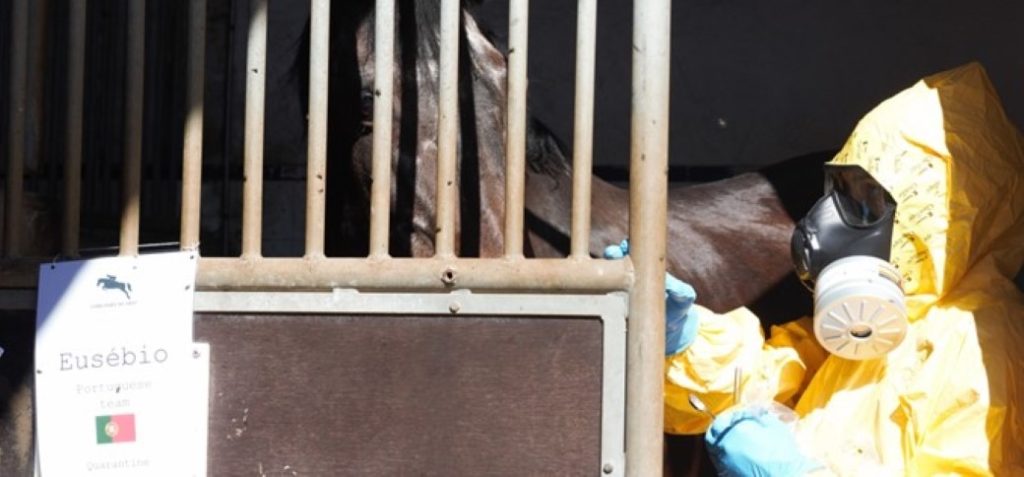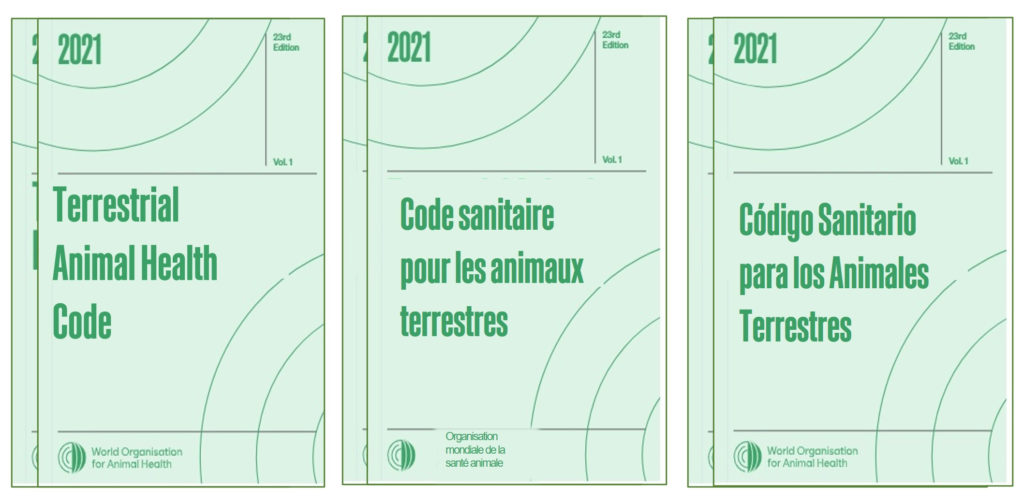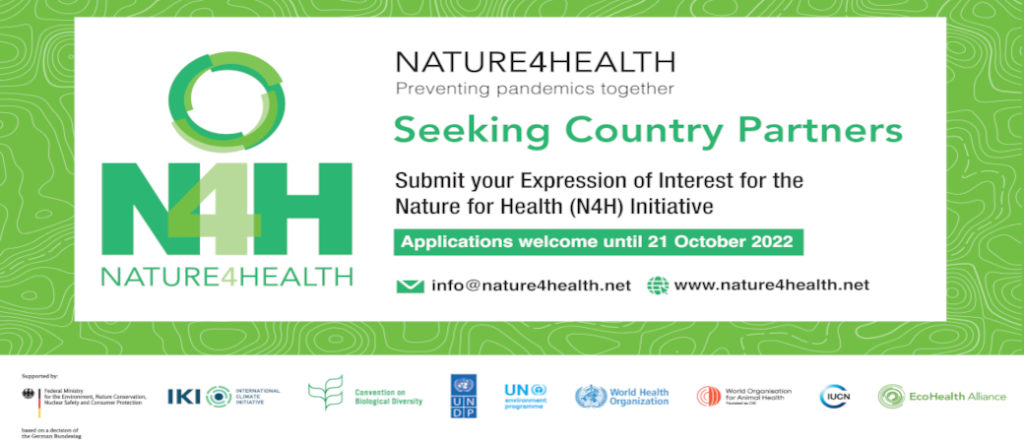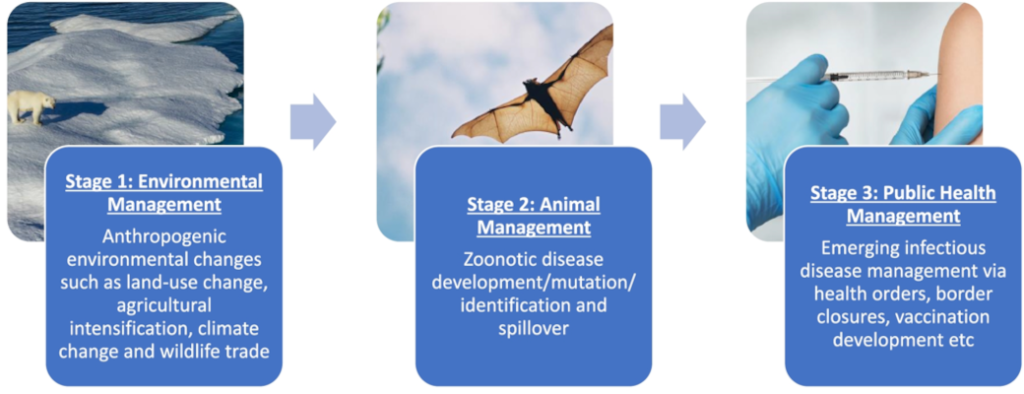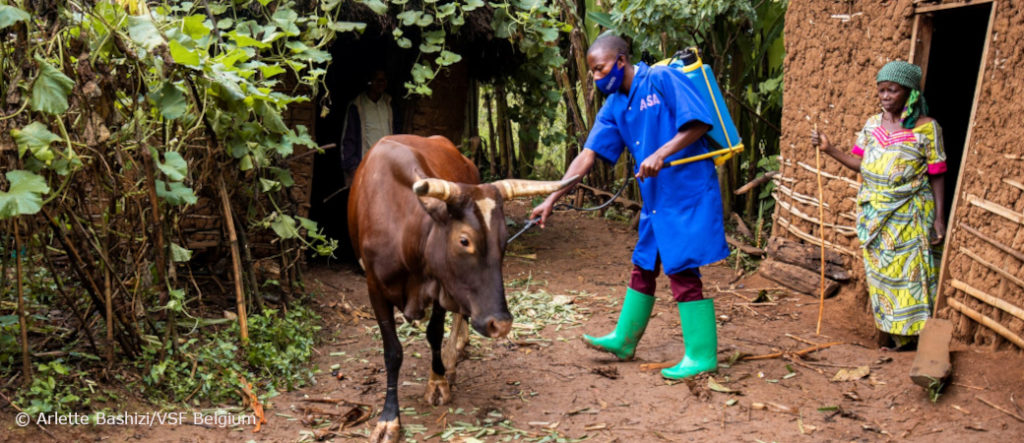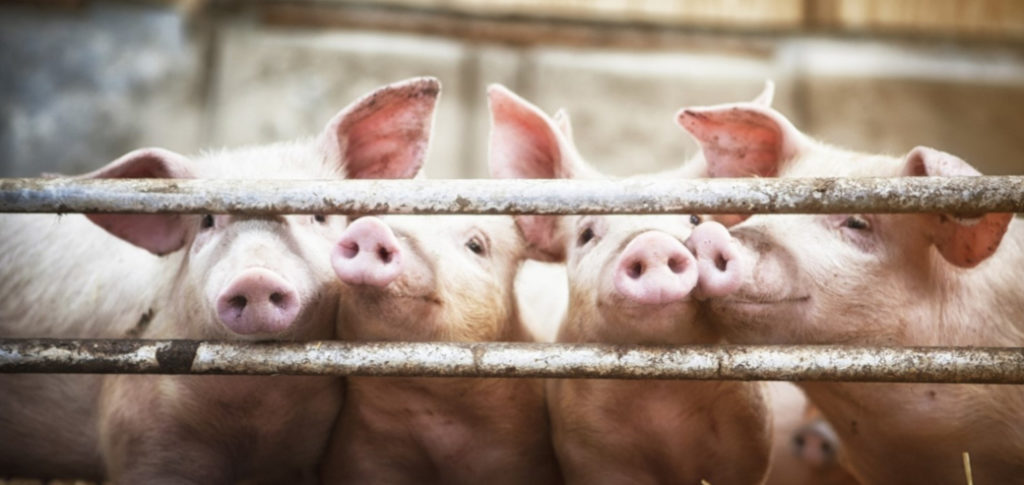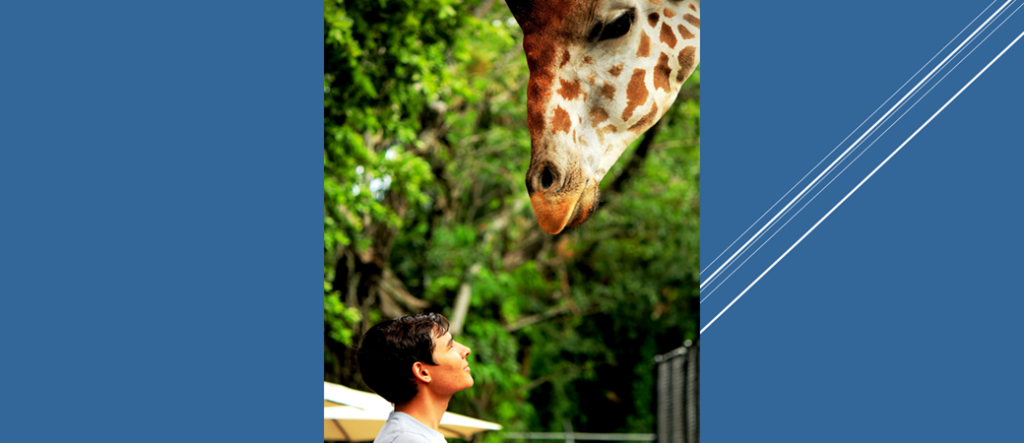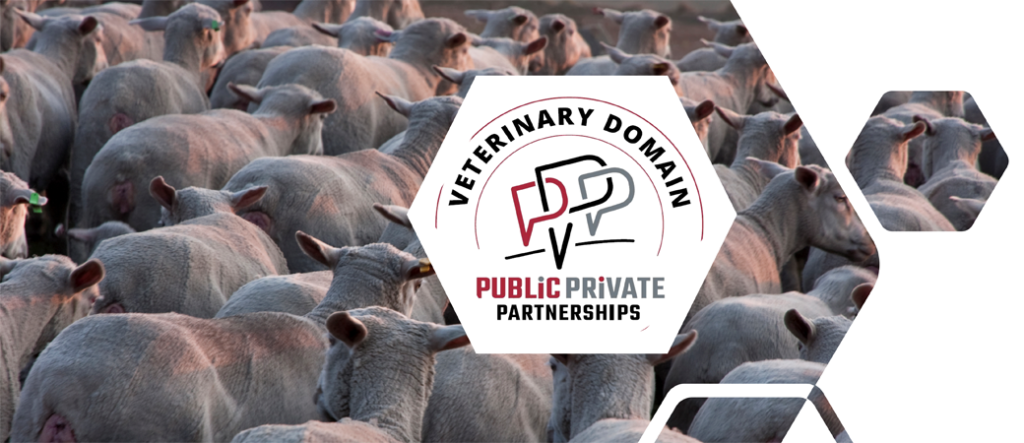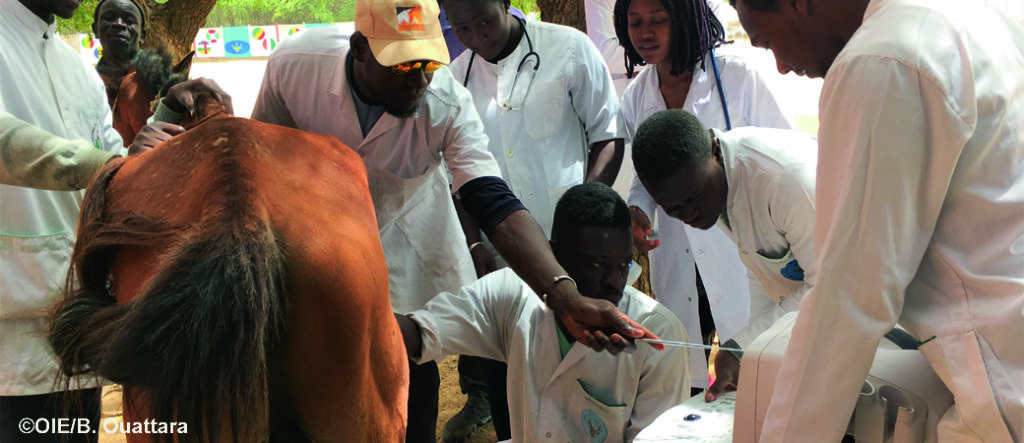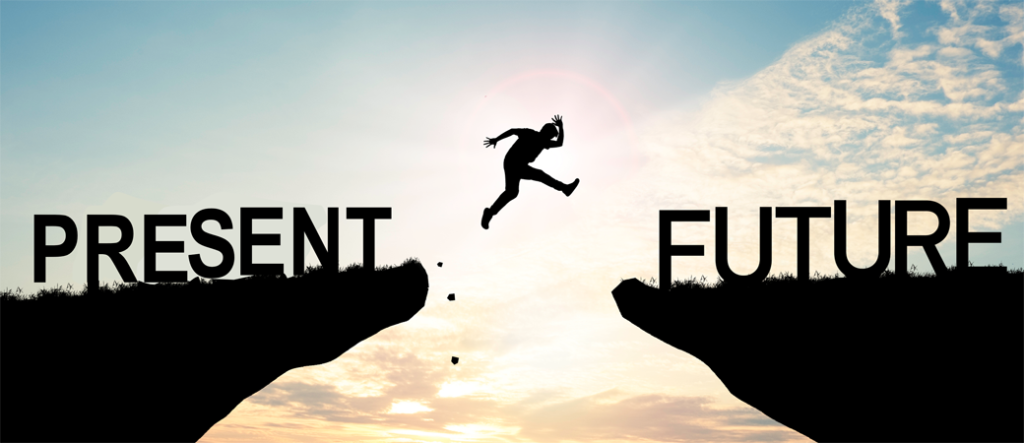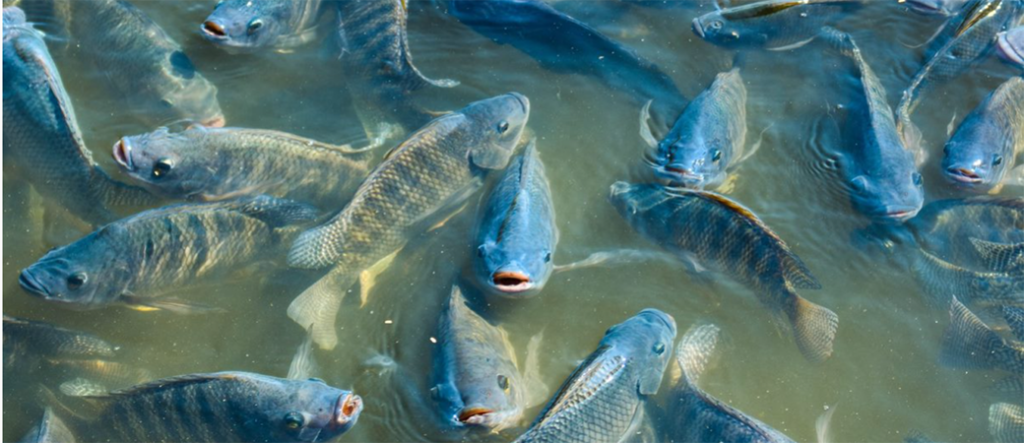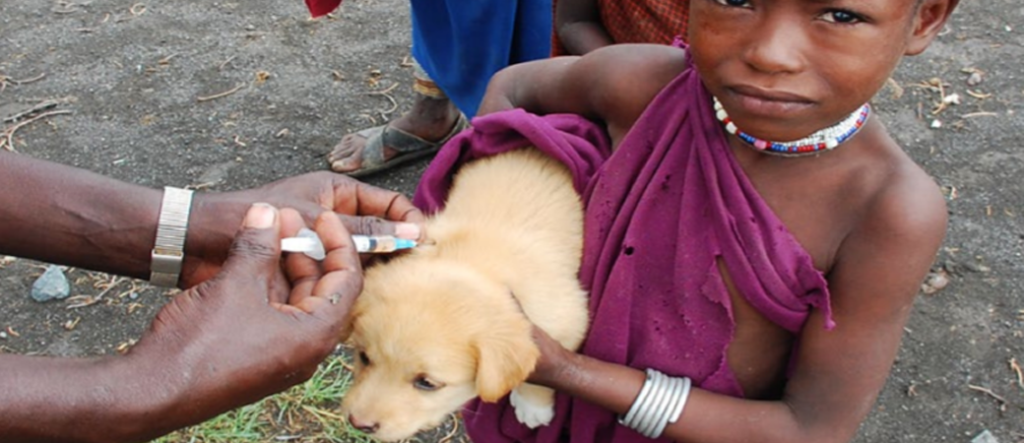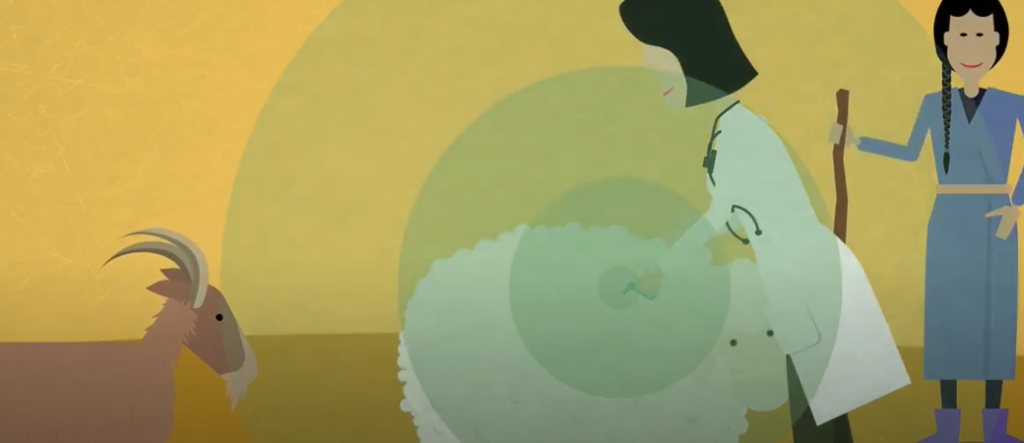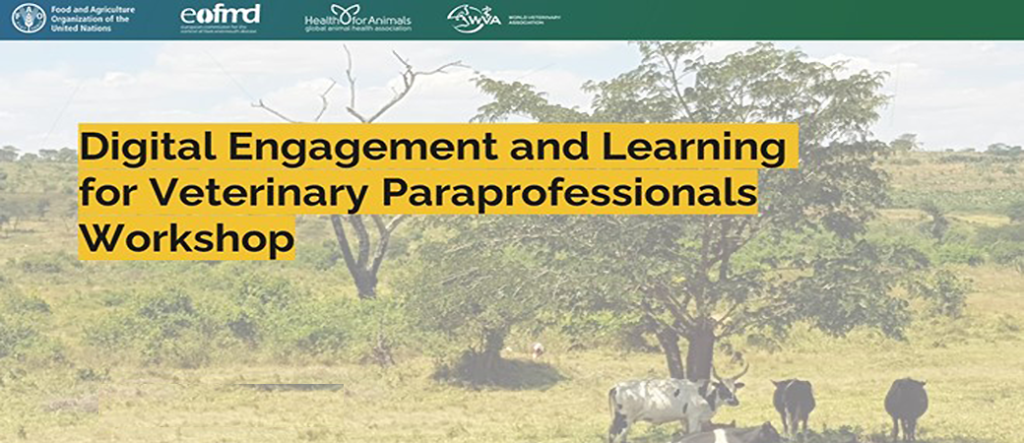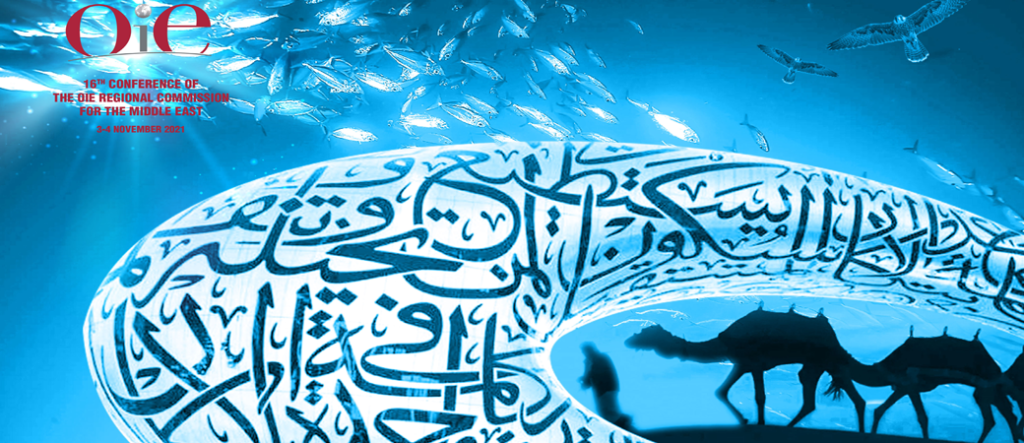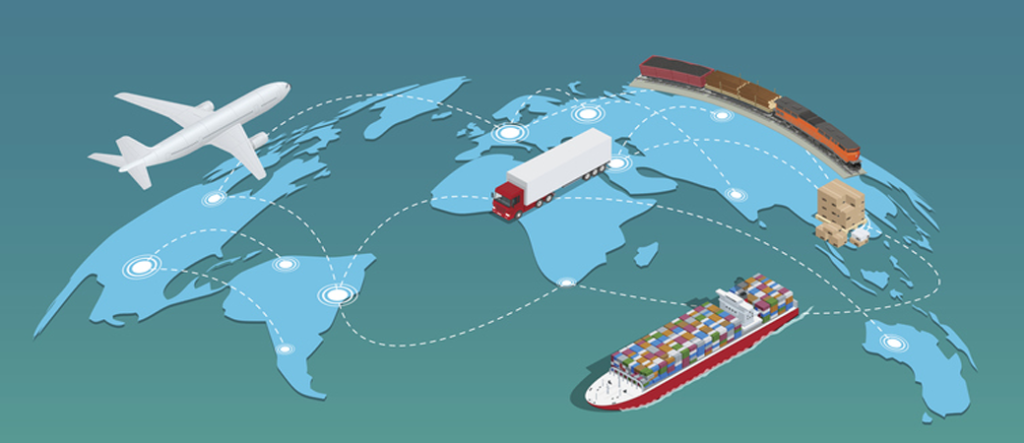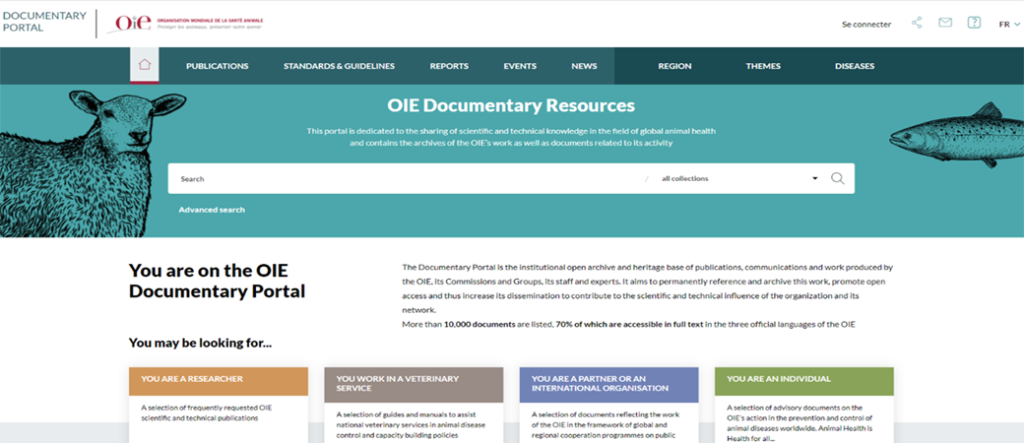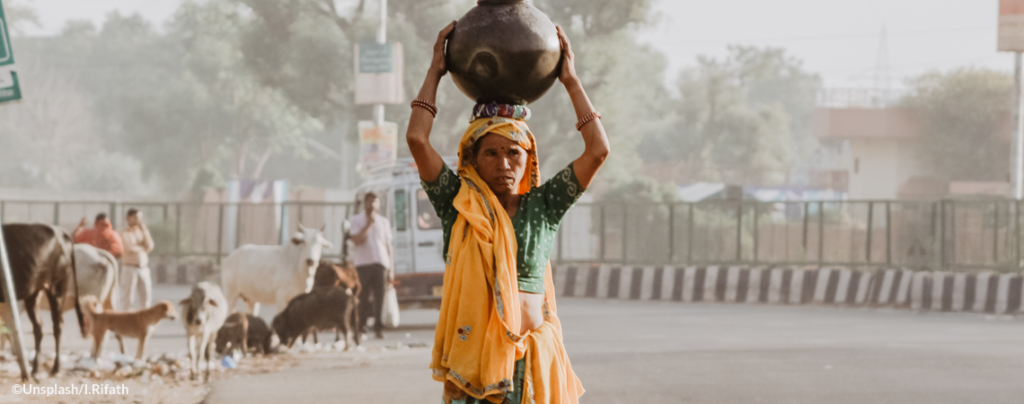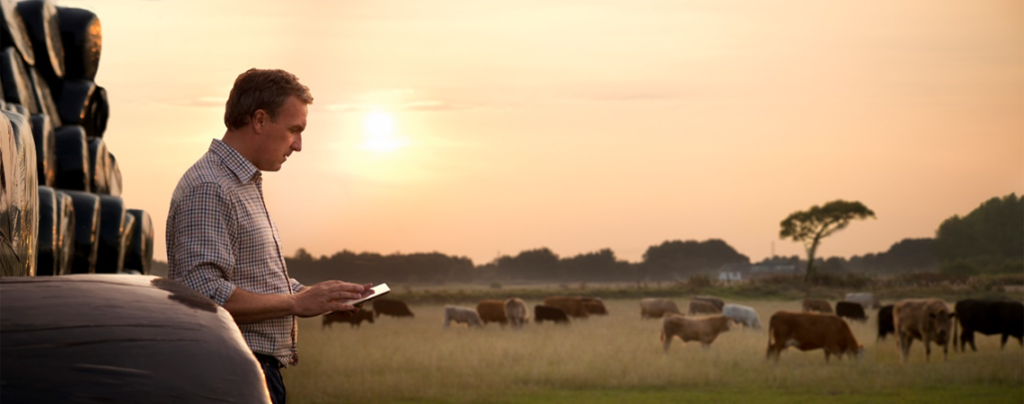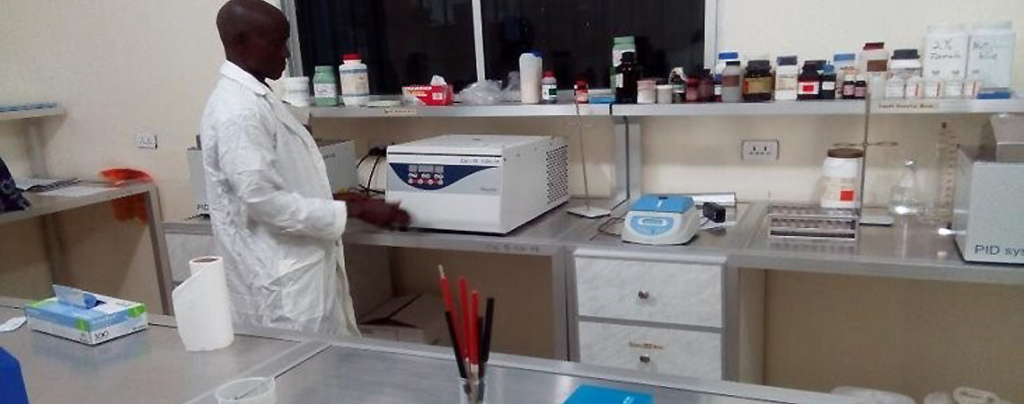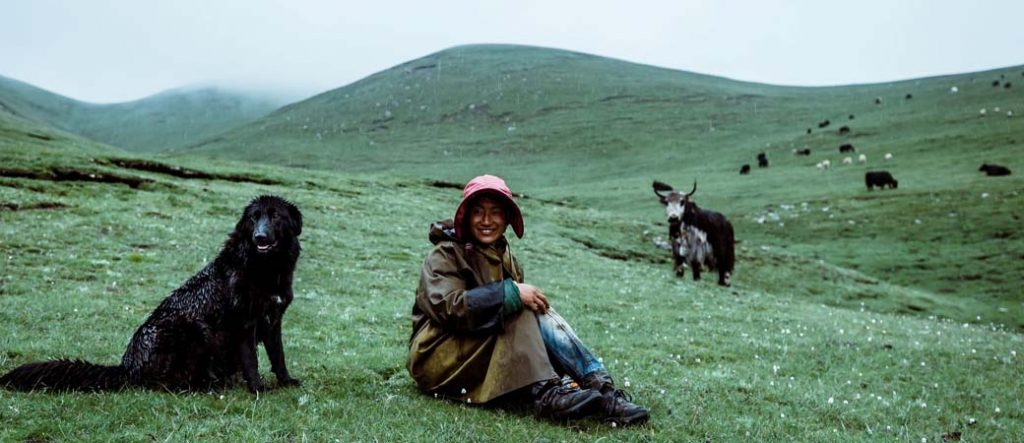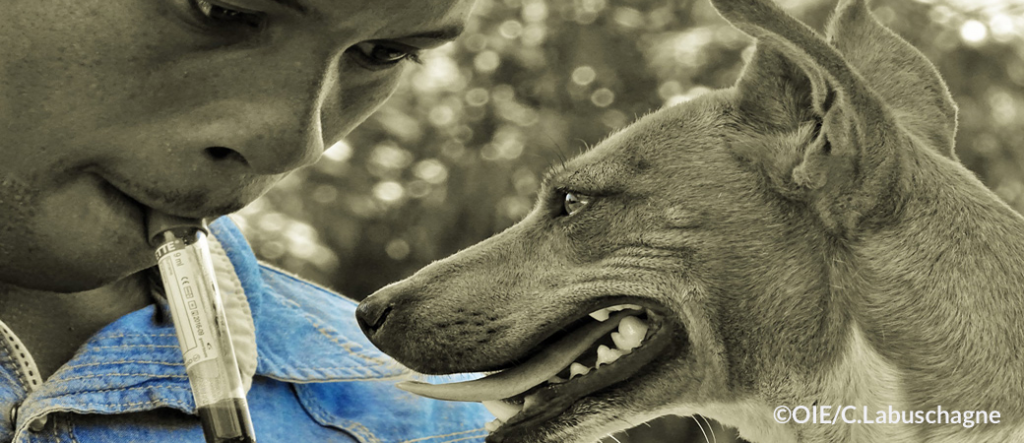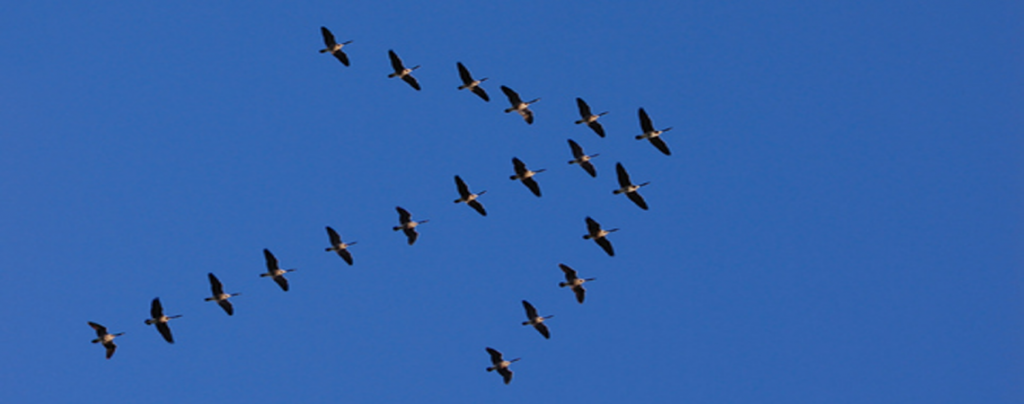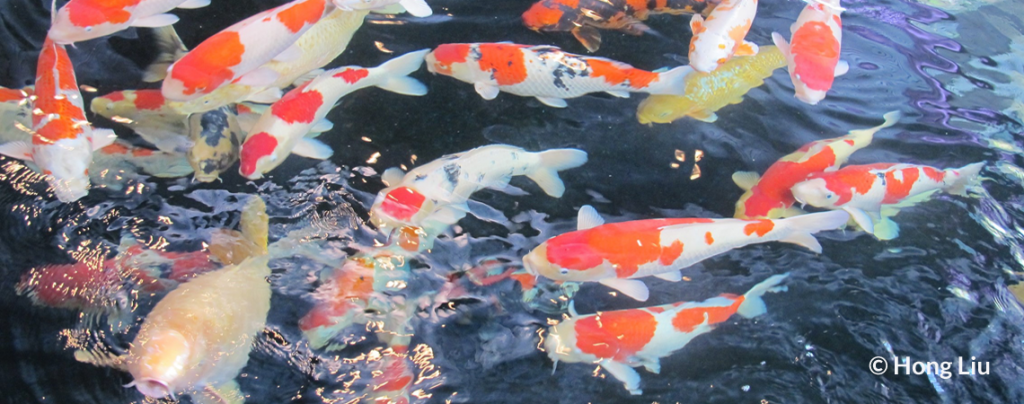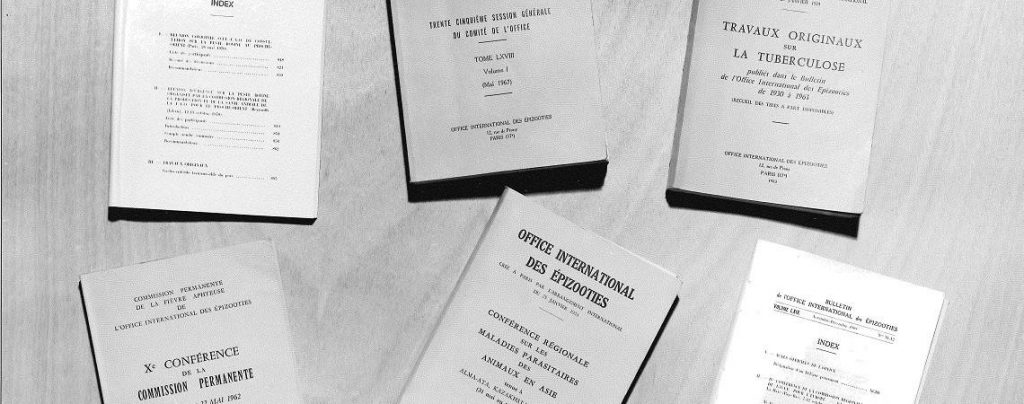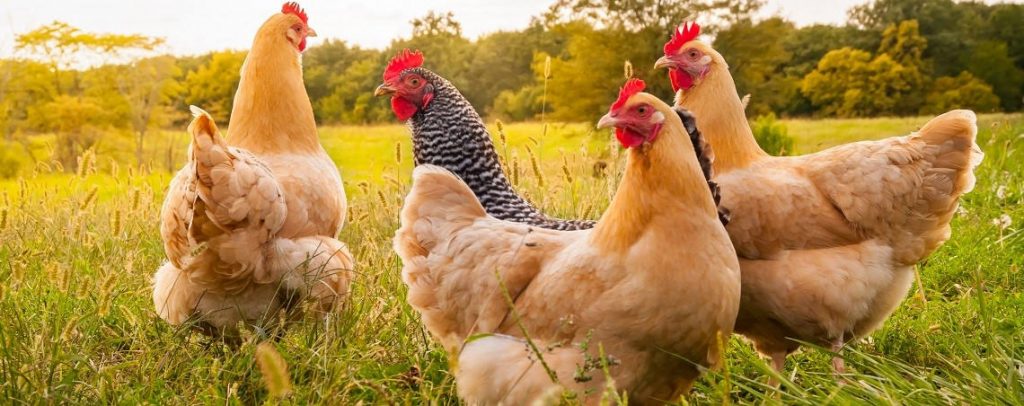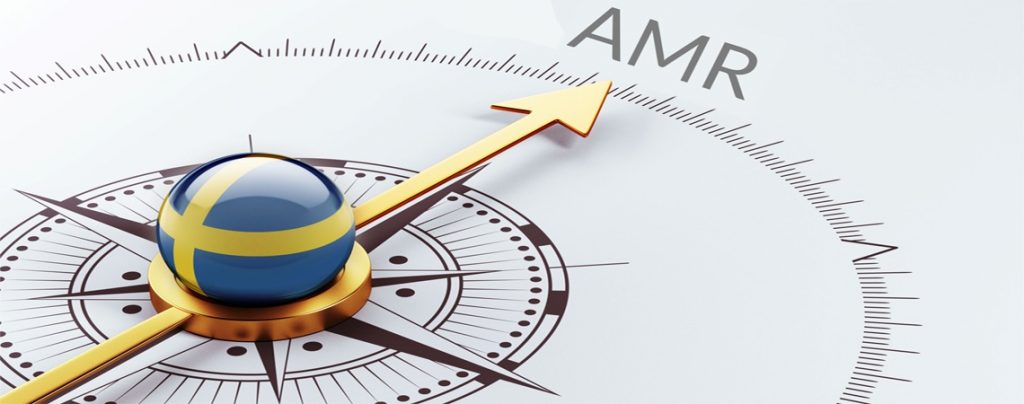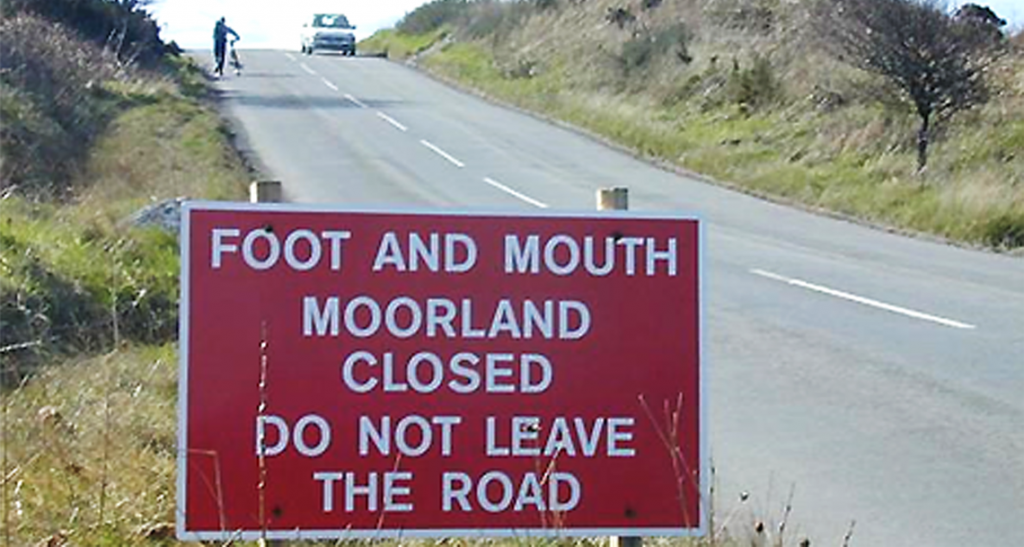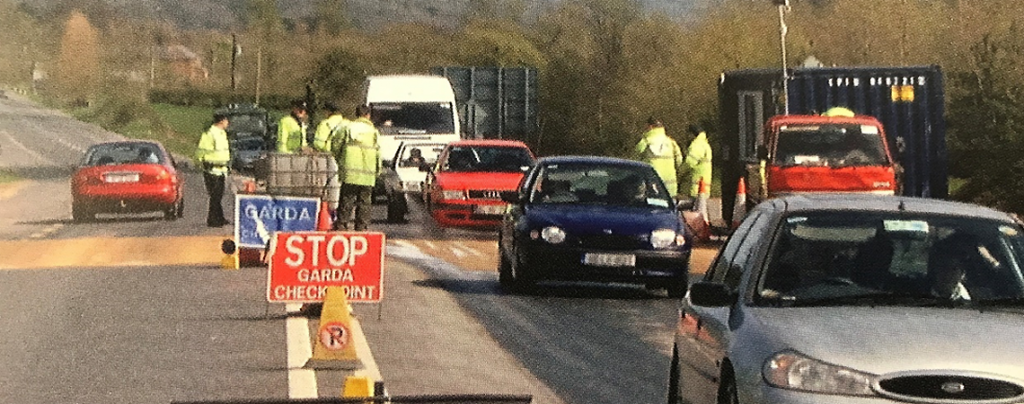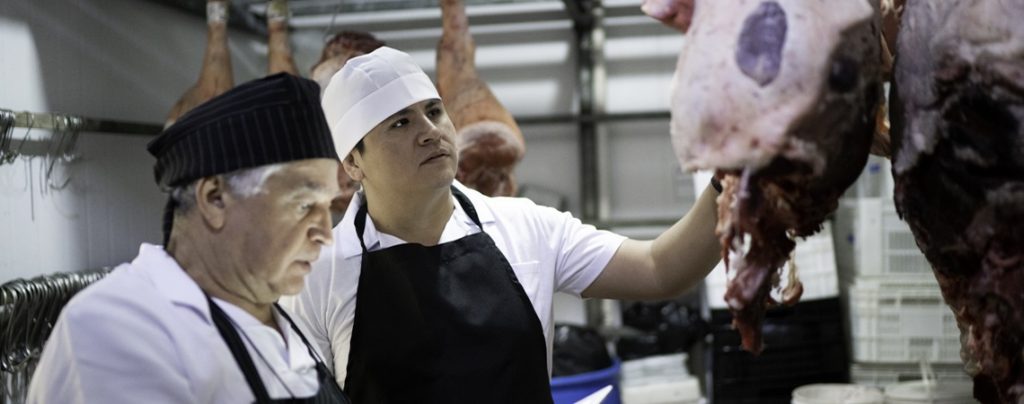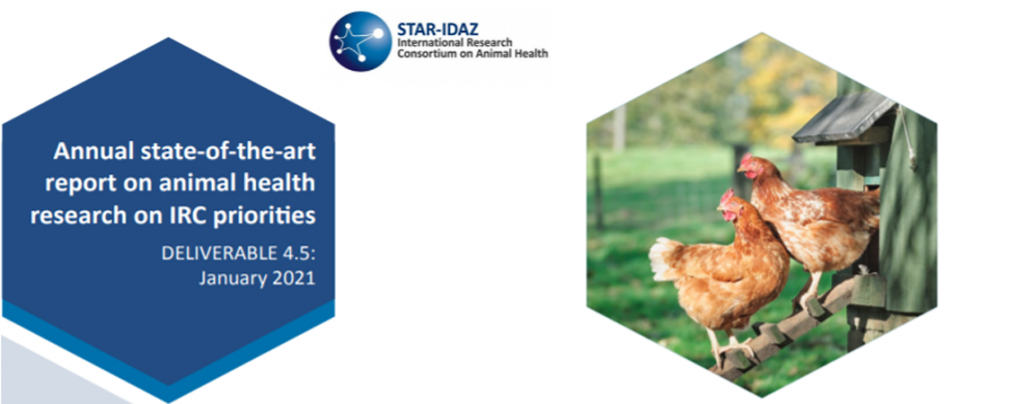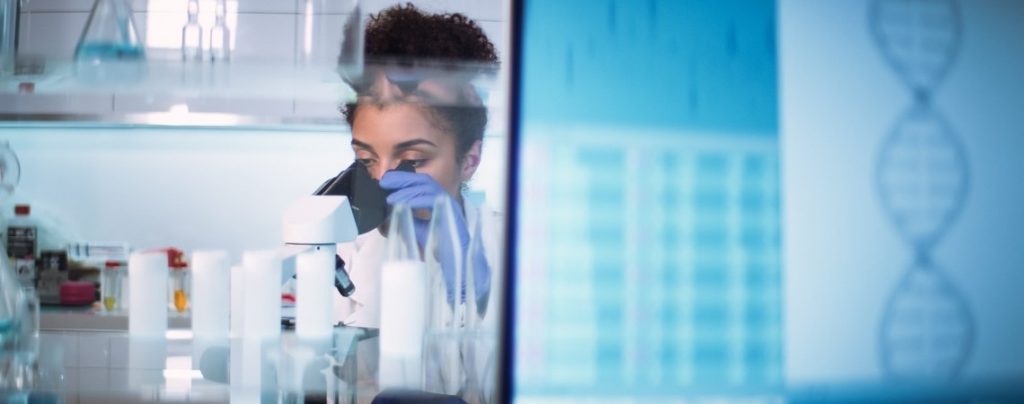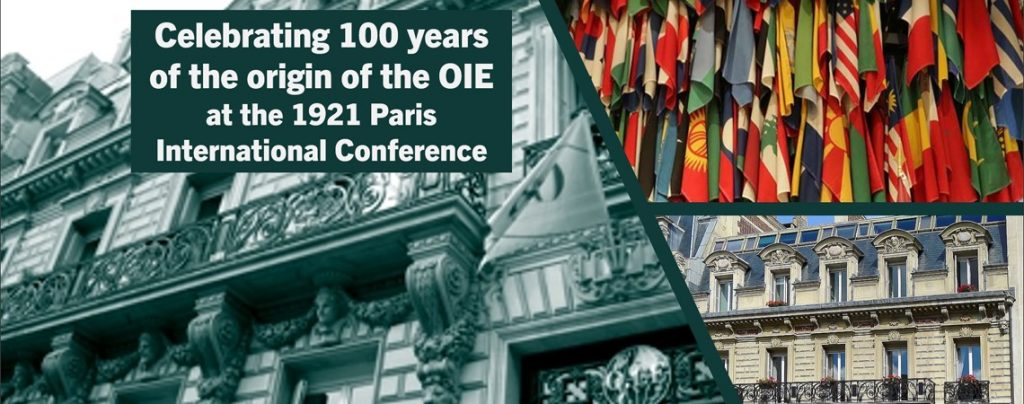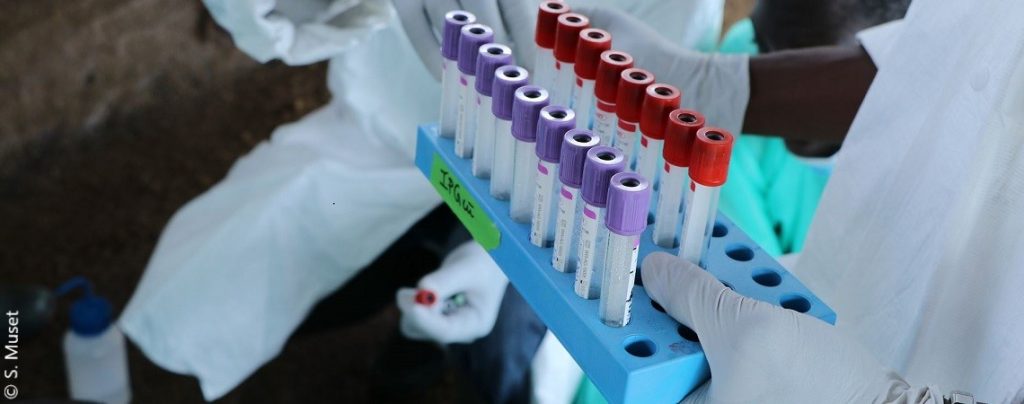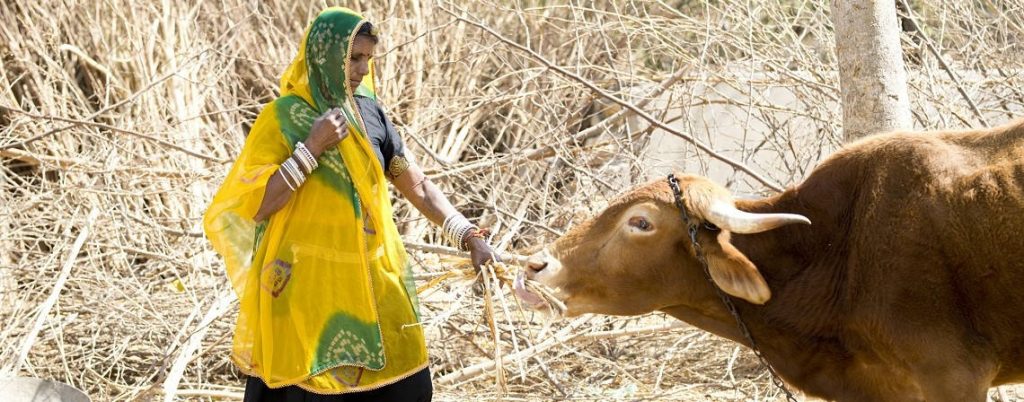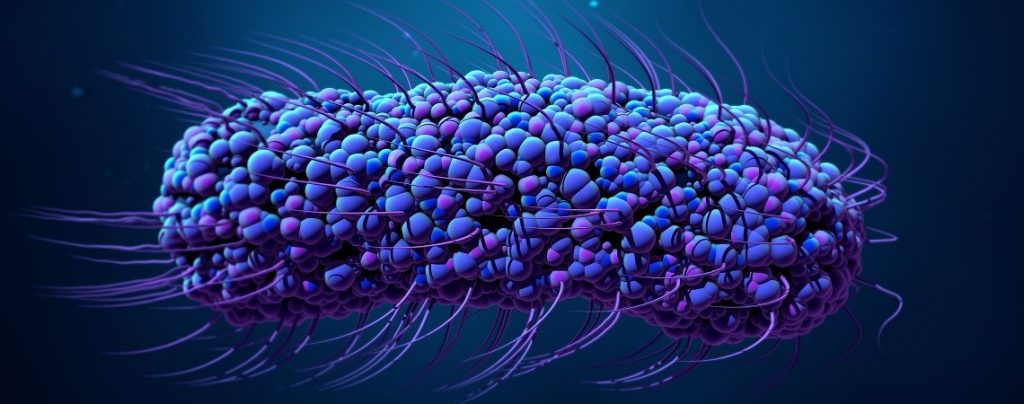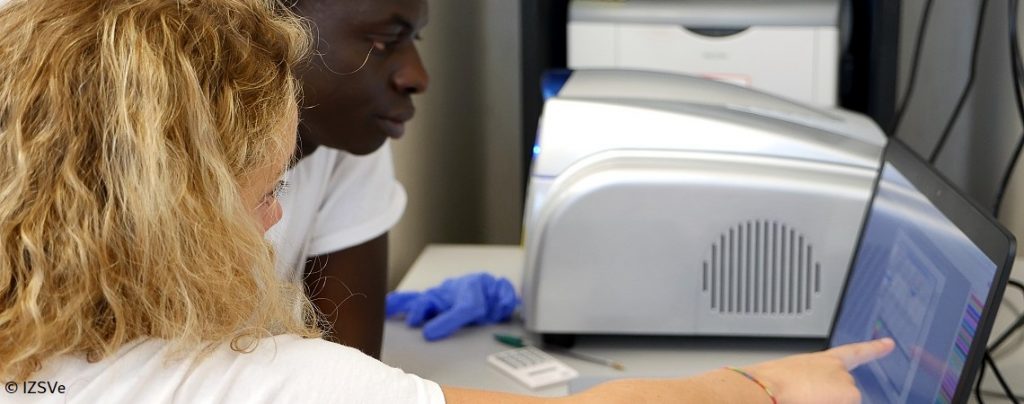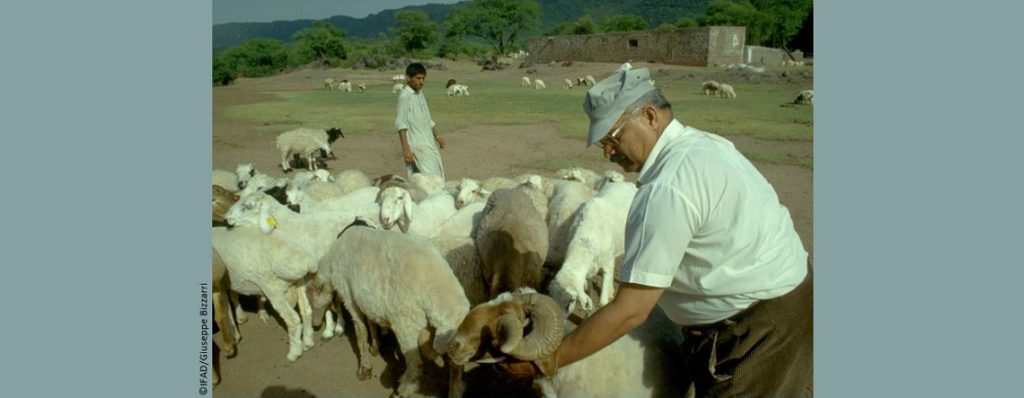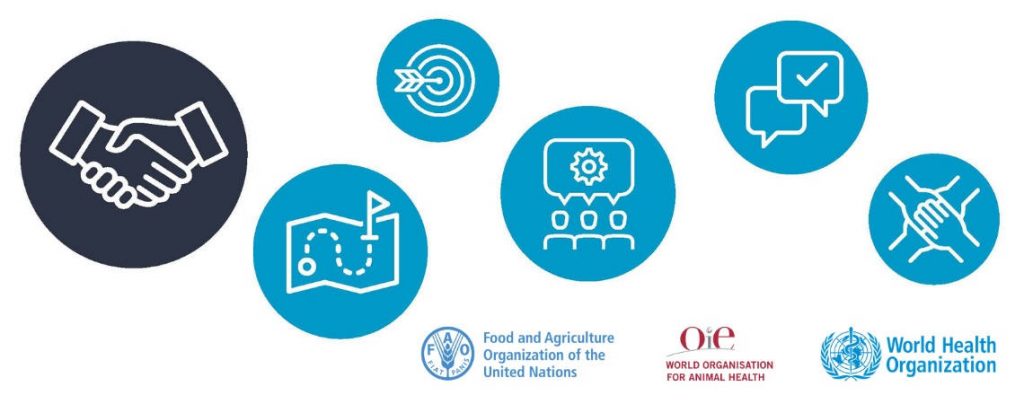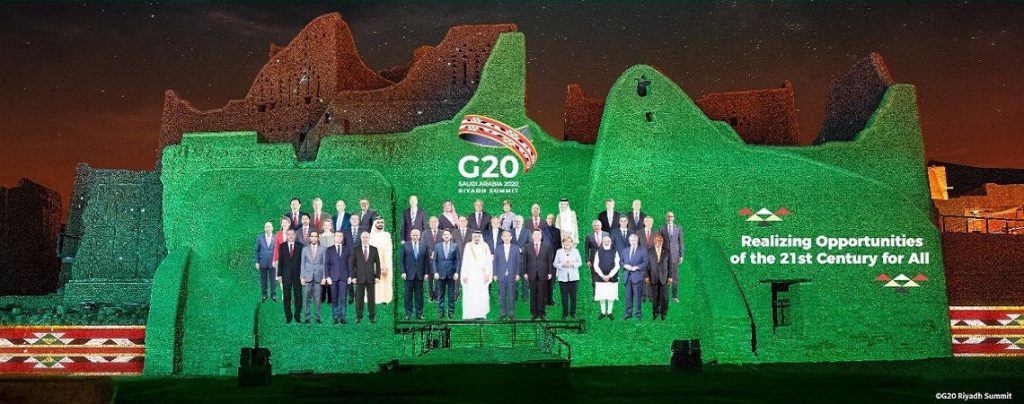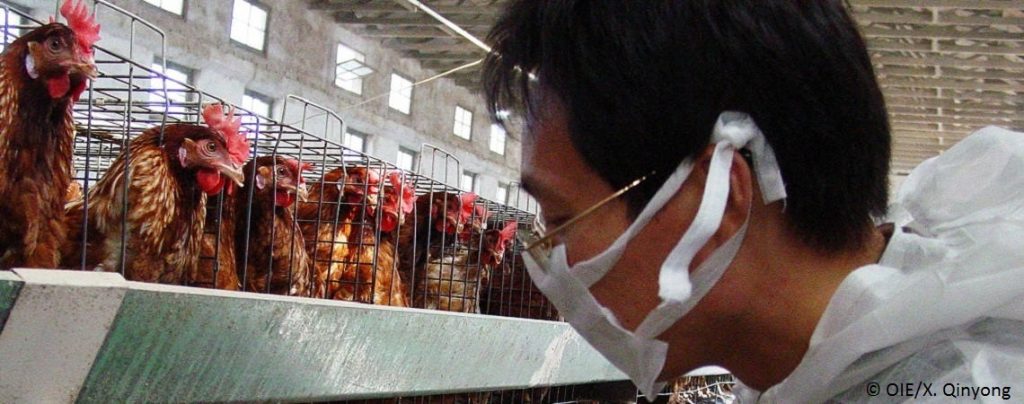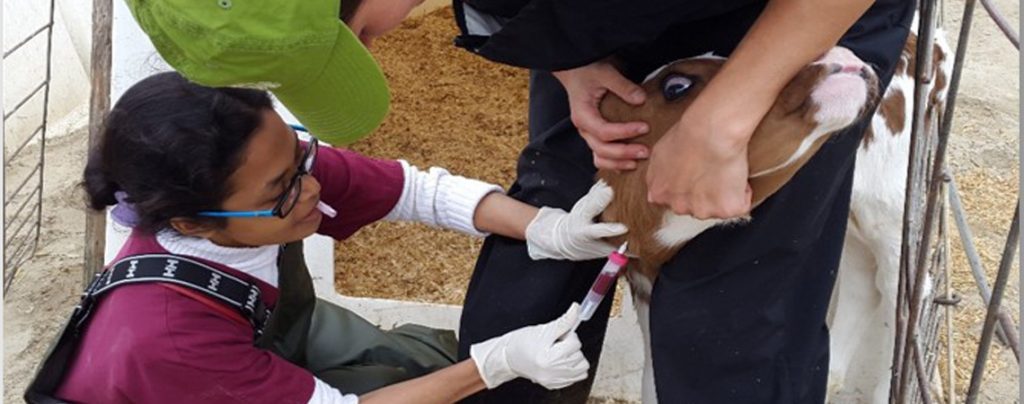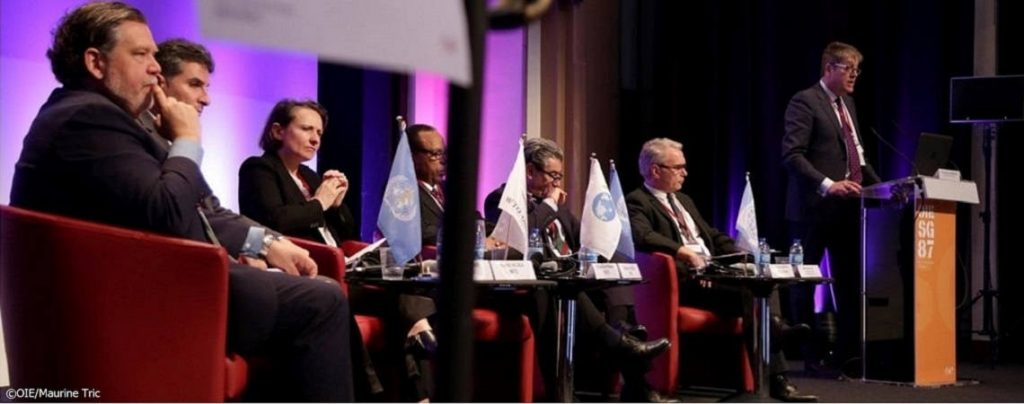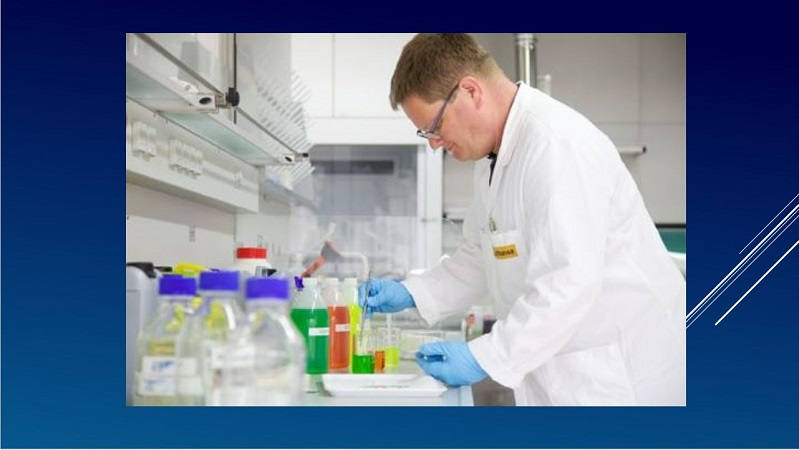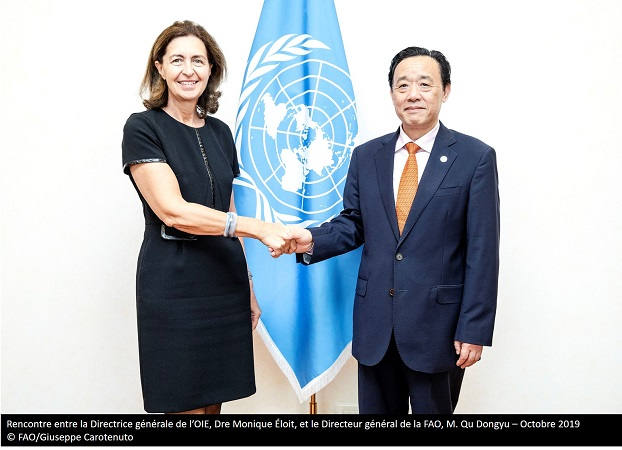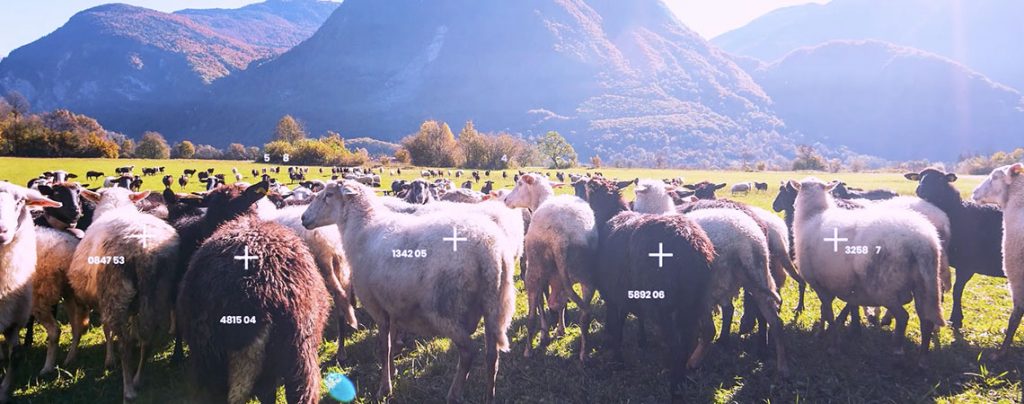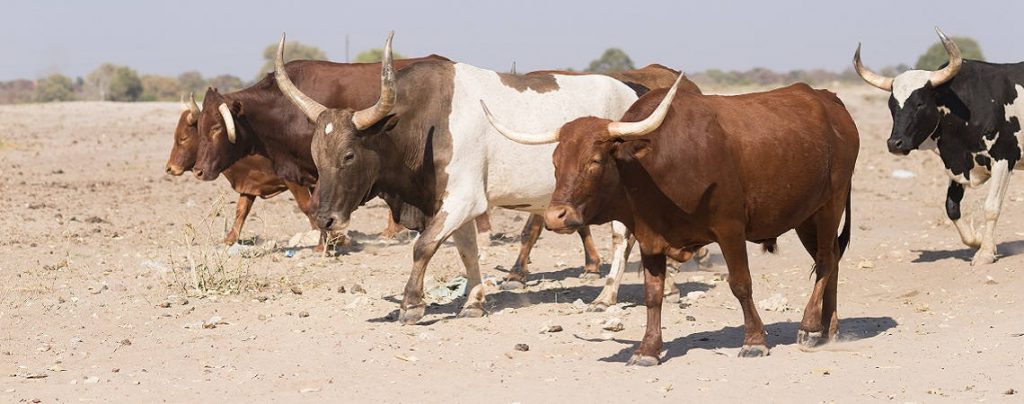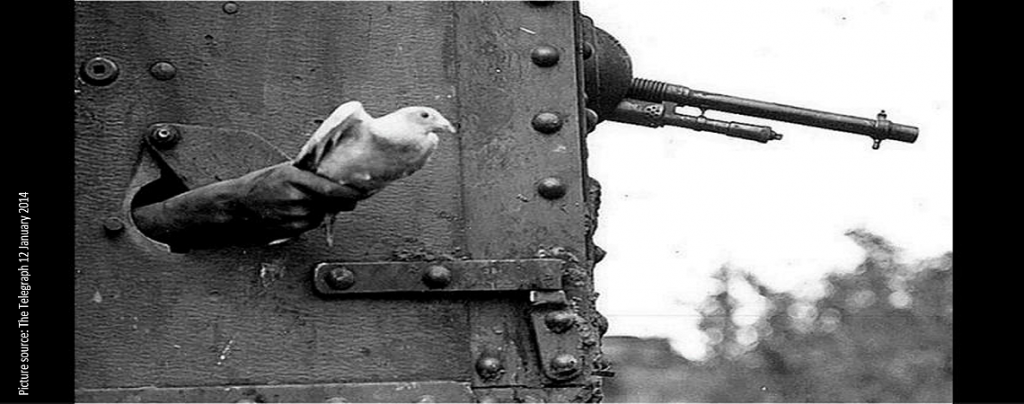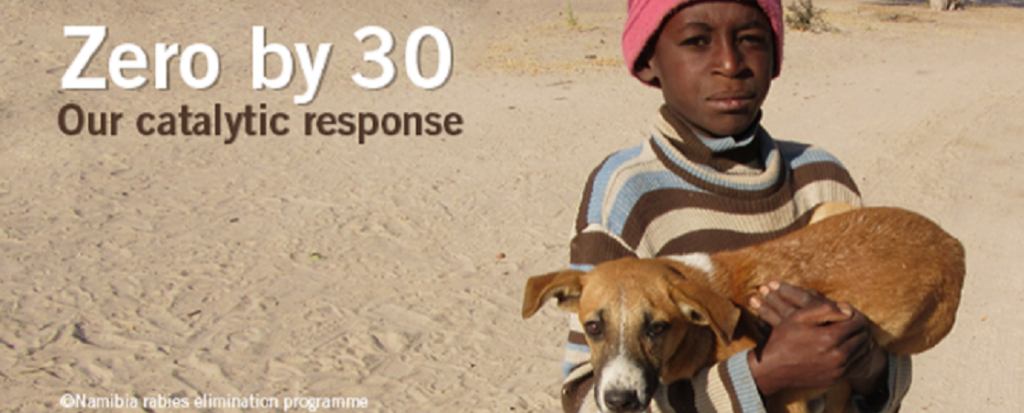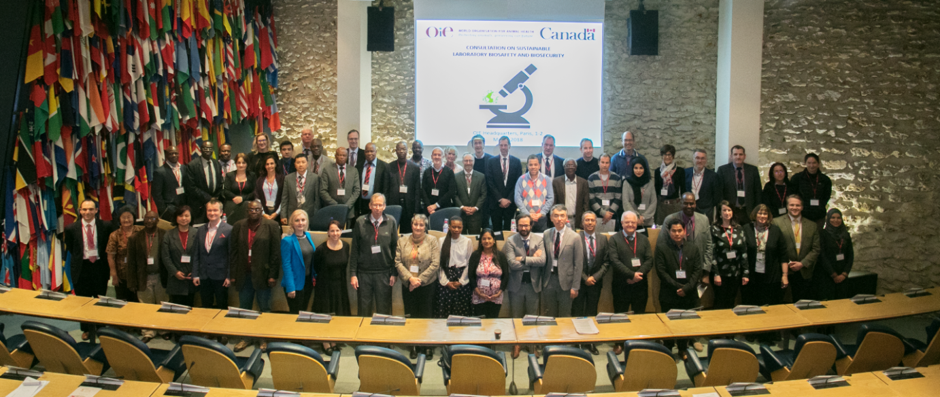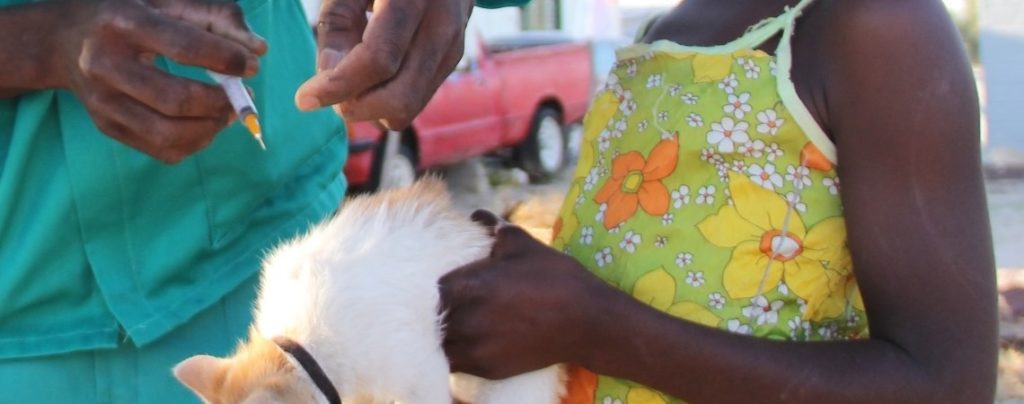INFORMATION EN CONTINU Posté sur 2023-09-22 13:50:46
Identifying Priorities Related to Gender in the Animal Health Sector
Mots-clés
Photo: Participant discussions at the World Café on gender. © WOAH/G. Reyes
The World Organisation for Animal Health’s Gender Task Force (GTF) organised its first-ever World Café event focusing on the role of gender in the animal health and veterinary sector. Through interactive and collaborative discussions, the World Café provided valuable insights into the current challenges that women face, the importance of achieving gender equality, and the steps that WOAH and national Veterinary Services can take to create conditions for empowering its stakeholders.
Held on the sidelines of the 90th General Session on 22 May 2023, the event brought together 30 participants including Delegates, representatives from national governments, NGOs, and WOAH staff.
The GTF invited participants to respond to three rounds of questions in small group discussions:
- What are some of the current challenges facing women in the veterinary domain? Why is achieving gender equality in this domain important?
- What would a gender-balanced veterinary domain look like?
- How can we – as WOAH and national Veterinary Services – help create conditions so that women in the animal health sector can achieve their full potential?
The current challenges women face
Participants noted that cultural expectations perpetuate gender disparities, sometimes resulting in limited recognition of women’s competencies in providing animal care. Women can be challenged on their ability to perform physically demanding tasks, handle strong animals, or work in remote geographies. Access to leadership positions and decision-making roles remains a challenge, alongside political manoeuvring, unfavourable work conditions, and the expectation to balance home and professional responsibilities. Wage gaps between men and women were discussed, as was sexual harassment in veterinary schools.
Gender equality in the veterinary domain
Participants recognised that gender equality promotes equal representation and contributes to a better veterinary workforce. By providing equal access to opportunities, jobs, and education within the field, gender equality ensures a level playing field for all individuals, regardless of their gender. Addressing gender disparities not only improves the working conditions for all professionals but also fosters an inclusive and supportive environment.
Gender equality helps break down stereotypes and biases, encouraging anyone, irrespective of their gender, to pursue careers and leadership positions in the veterinary domain.
Achieving gender balance brings diverse perspectives and talents to the field, enabling better access to veterinary services for all. Furthermore, participants proposed that gender equality fosters fairness, inclusivity, and enhances the overall quality of veterinary care and services provided.
The role of WOAH and national Veterinary Services
Discussion generated concrete suggestions on how WOAH and national Veterinary Services can create conditions for women to achieve their full potential in the animal health sector. Participants suggested that WOAH could play a key role in raising awareness and promoting gender balance through targeted programmes and initiatives. This could include highlighting successful women in leadership positions as role models, sharing success stories, and providing technical advice to different regions. Additionally, collaboration with other agencies and partners could facilitate the implementation of training and education projects that ensure access to quality training for women. Gathering better data on gender representation in Veterinary Services will provide valuable insights for policy-making and decision-making processes and serve to measure progress towards any commitments made.
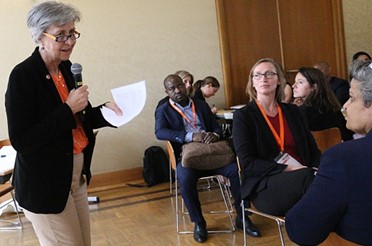
In terms of national Veterinary Services, participants suggested that establishing gender policies and improving recruitment procedures can be an effective step towards equality. Creating favourable working conditions – including provisions for parental leave and flexible working arrangements – supports career progression and work-life balance. Identifying and addressing the needs and challenges faced by both genders and fostering a dynamic framework for their development and advancement contributes to an inclusive environment. Embracing demographic changes, such as the increasing number of women graduating from veterinary schools, requires understanding the workforce demographics and ensuring support for both men and women.
Toward creating a gender-balanced veterinary sector worldwide
All in all, the World Café event provided a platform for diverse stakeholders to discuss the challenges, aspirations, and potential solutions for achieving gender equality in the animal health domain for the first time. It shed light on the importance of addressing gender disparities and promoting equal opportunities for men and women in the animal health sector, while noting that the concept of gender is understood differently across cultures and generations.
By incorporating the insights and recommendations from this event, both WOAH and national Veterinary Services can take strides toward creating a gender-balanced veterinary domain that offers equal opportunities, support, and recognition for women and men to thrive in their professional careers. Ultimately, gender equality in the veterinary domain not only benefits individual professionals but also strengthens the quality of Veterinary Services and contributes to a more inclusive and equitable society.
WOAH invites you to read the full report on the World Café event here.
More information: WOAH’s Gender Equity Plan
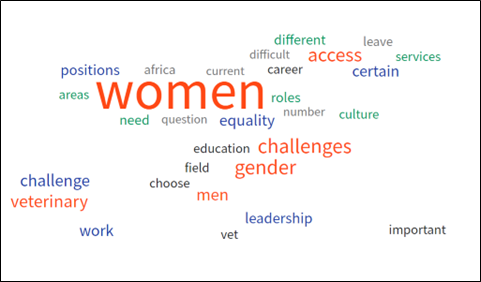
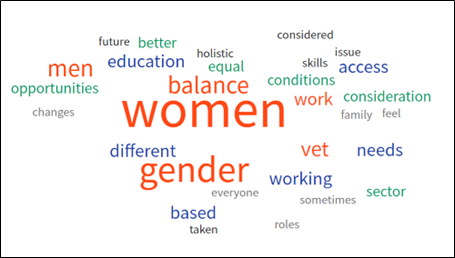
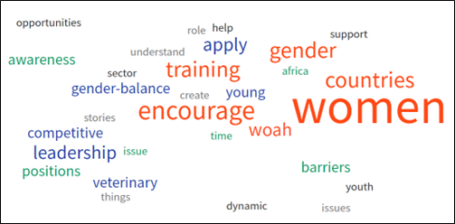
Contact: WOAH Gender Task Force (gendertaskforce@woah.org)




